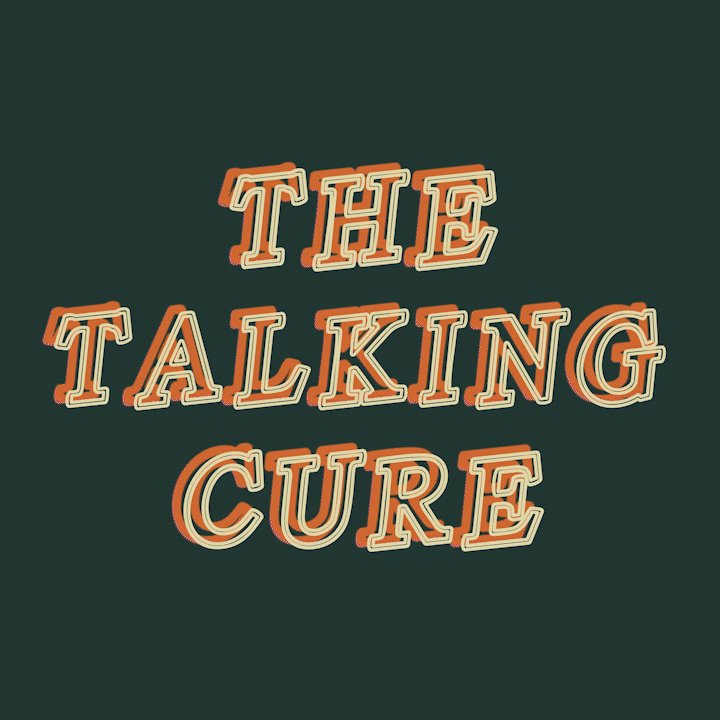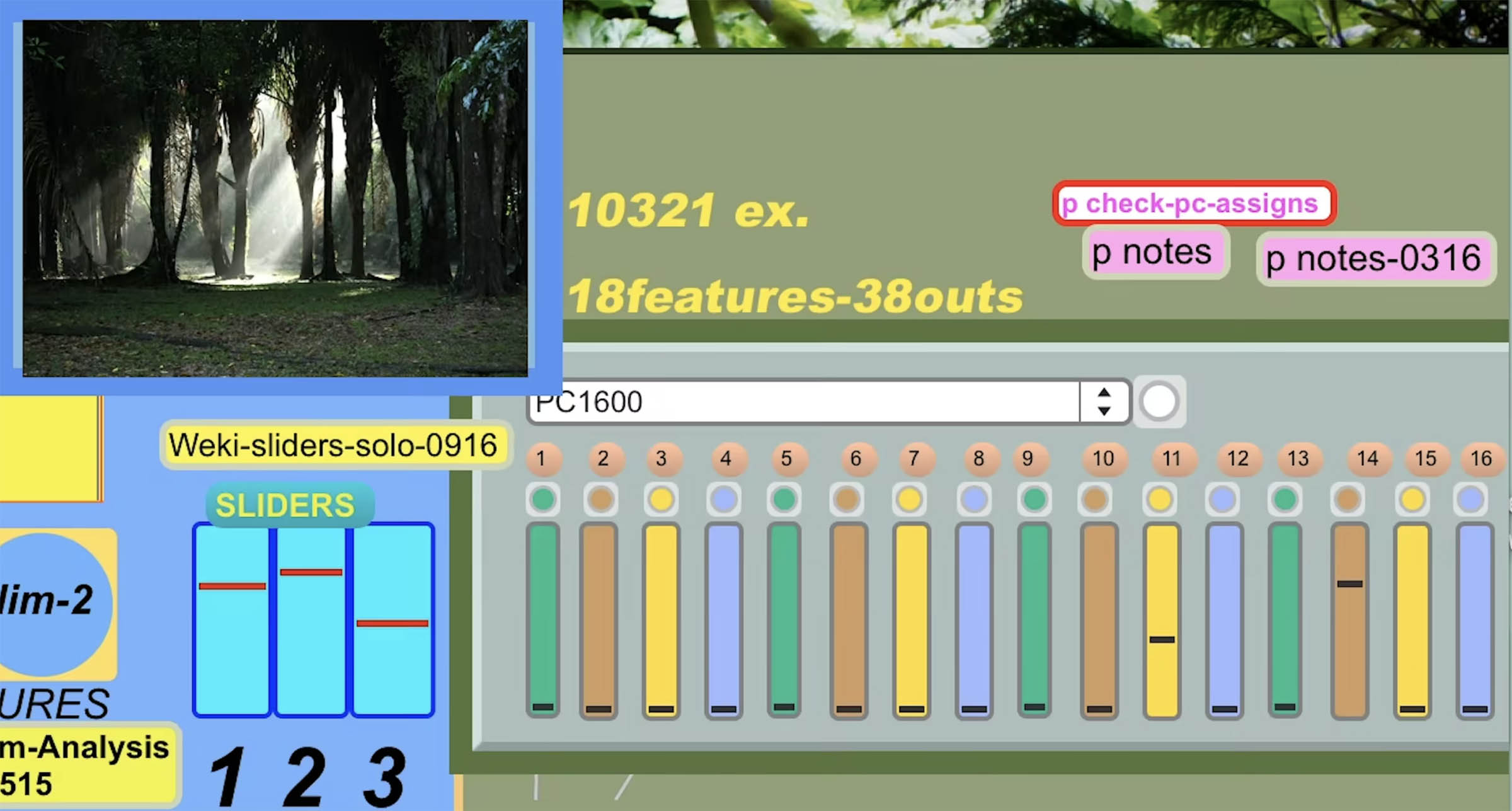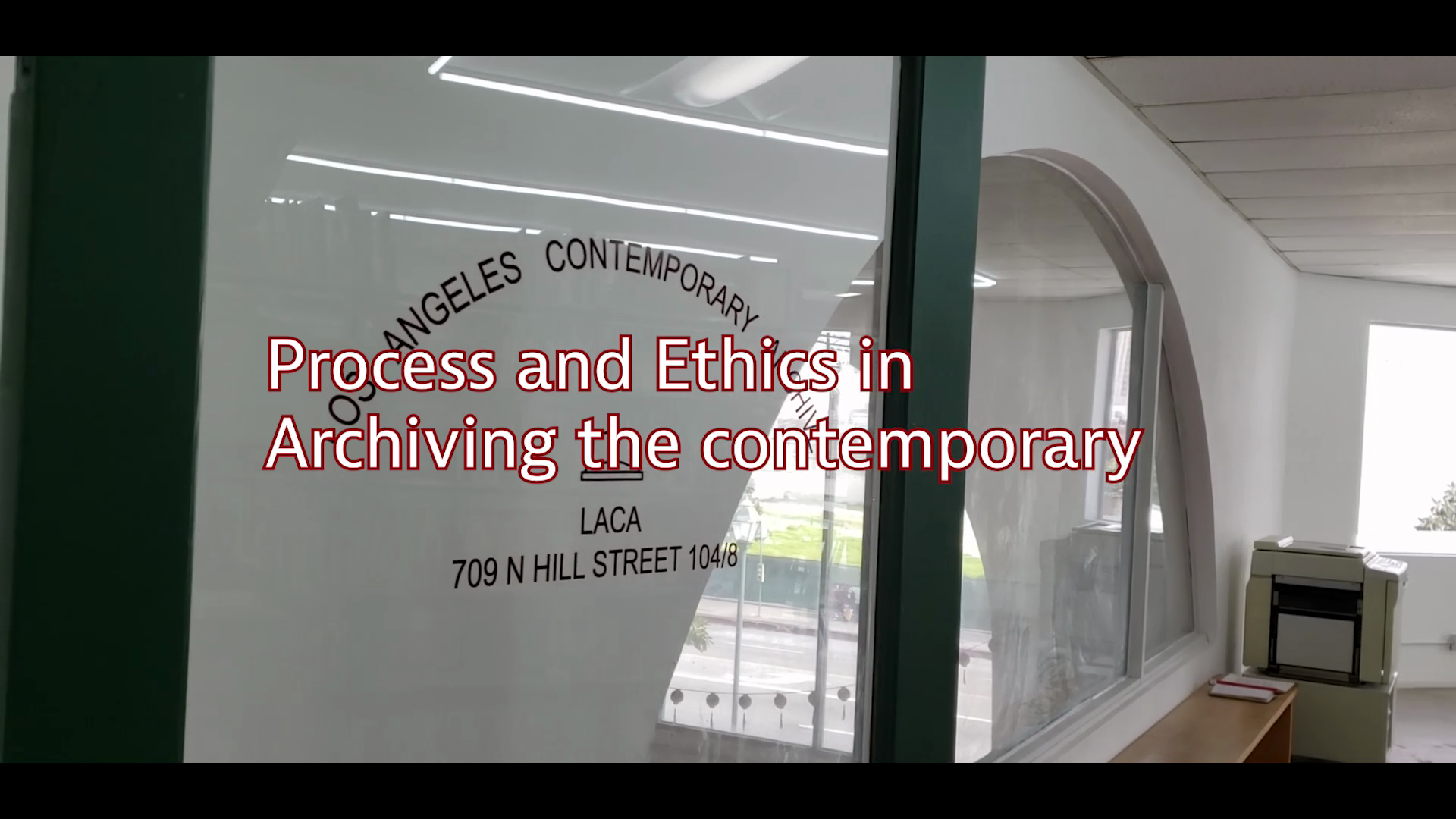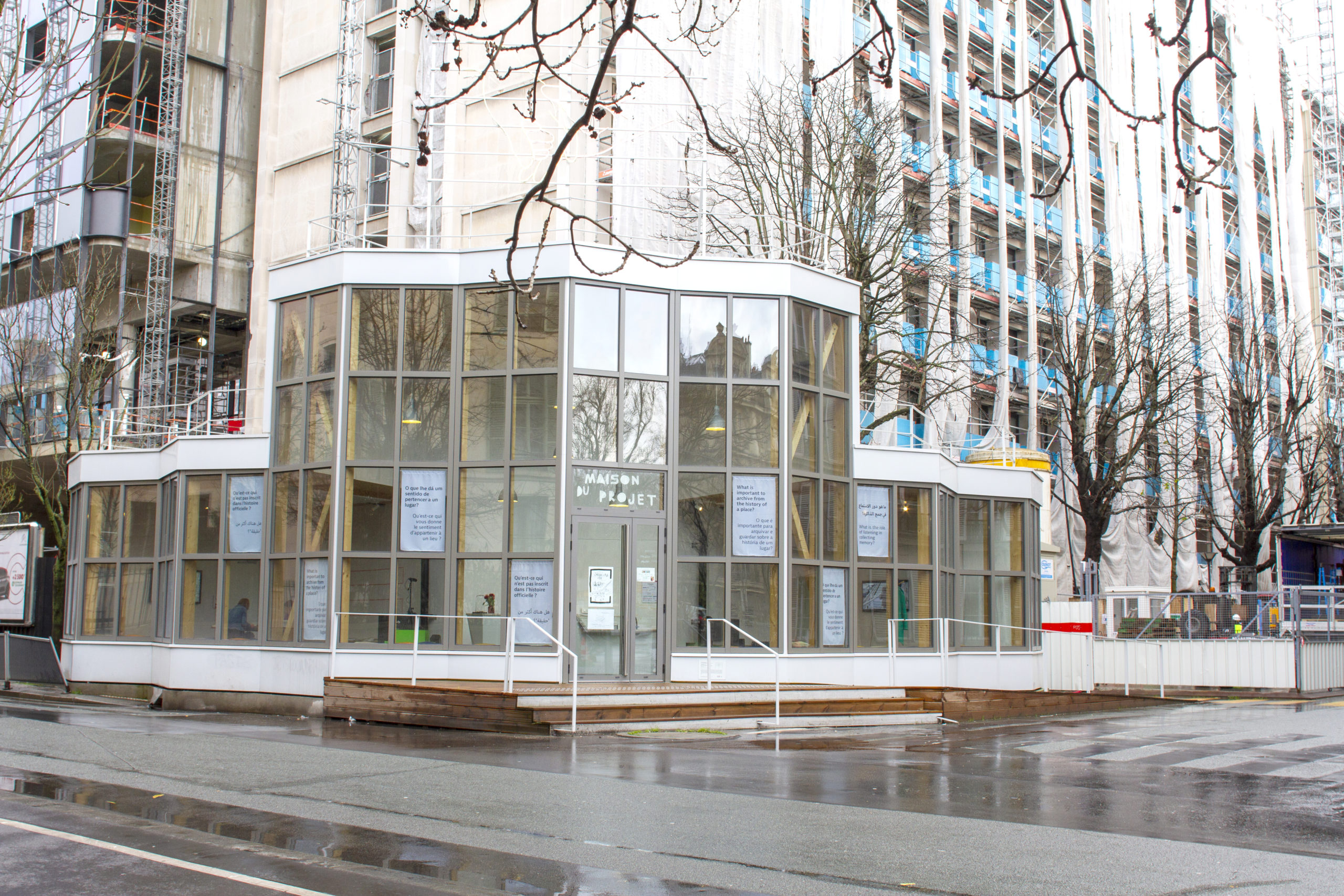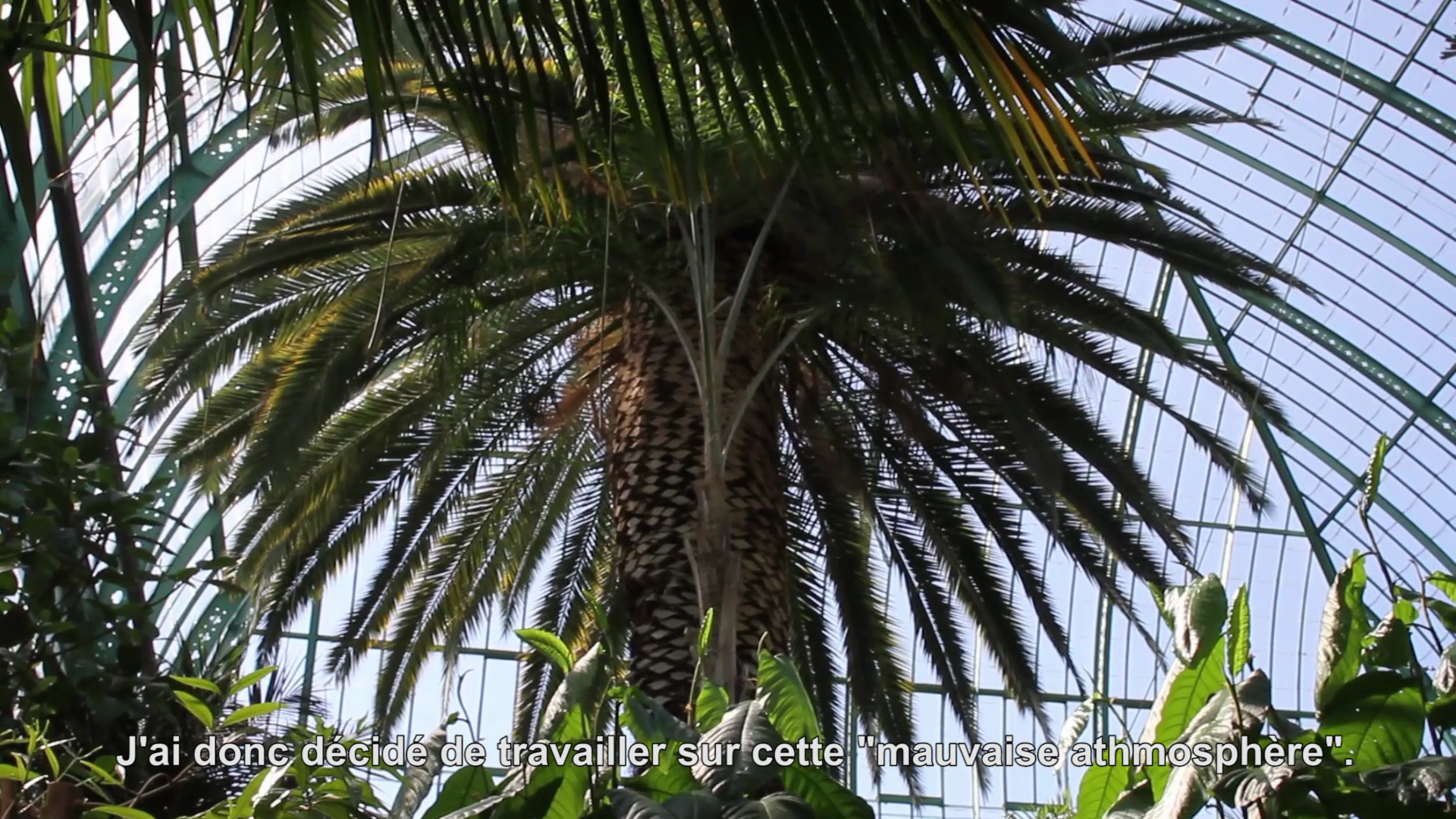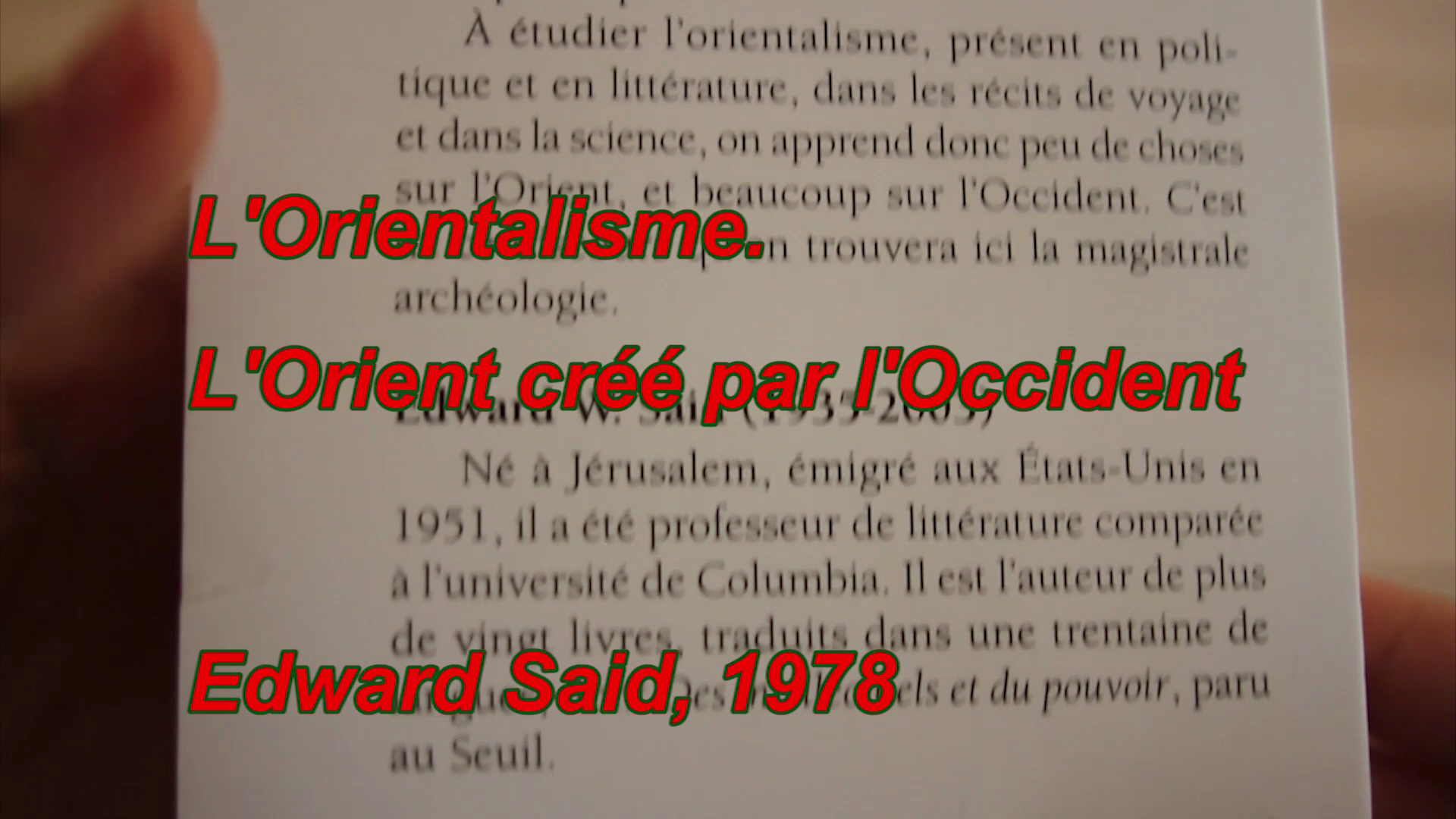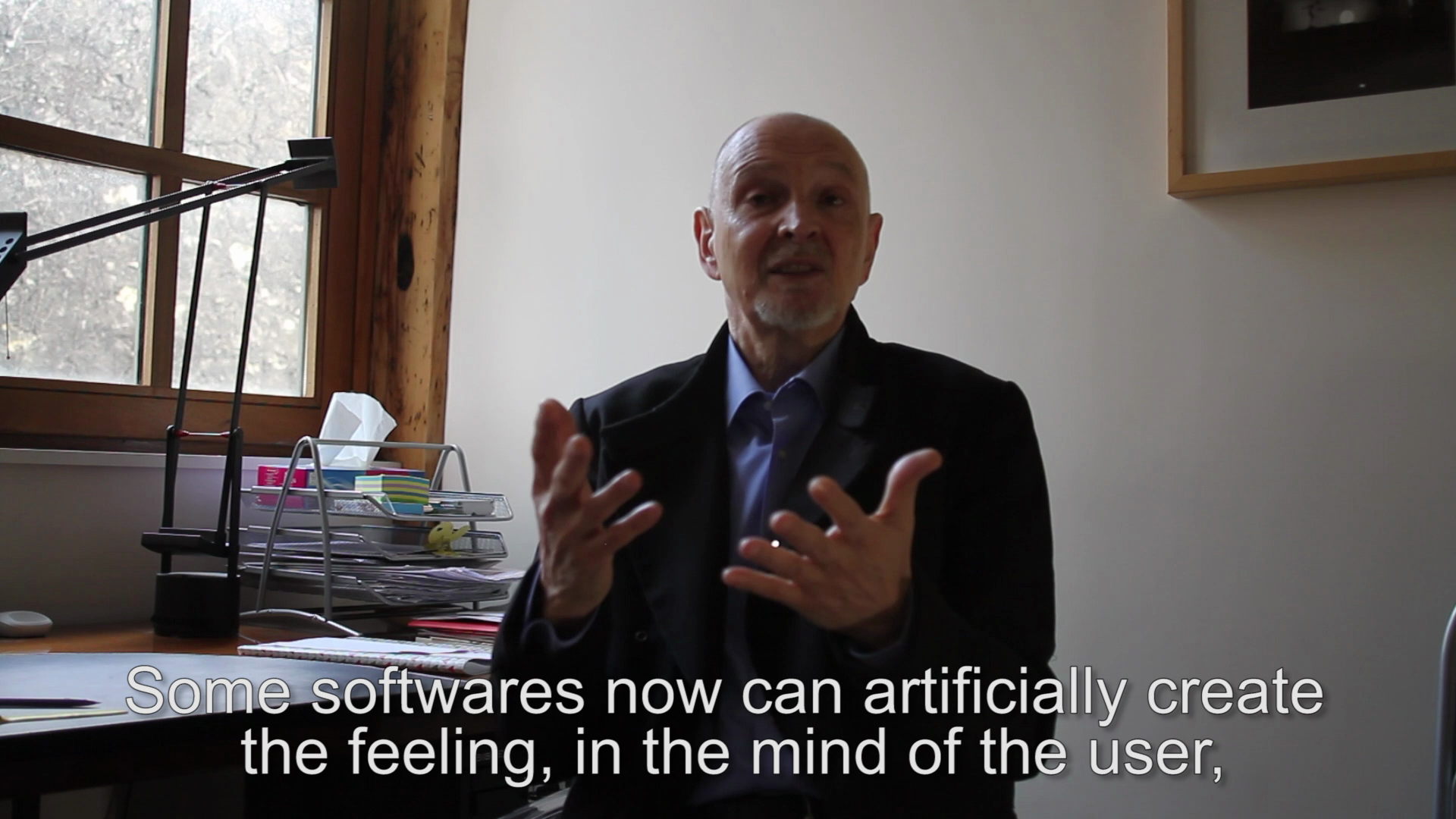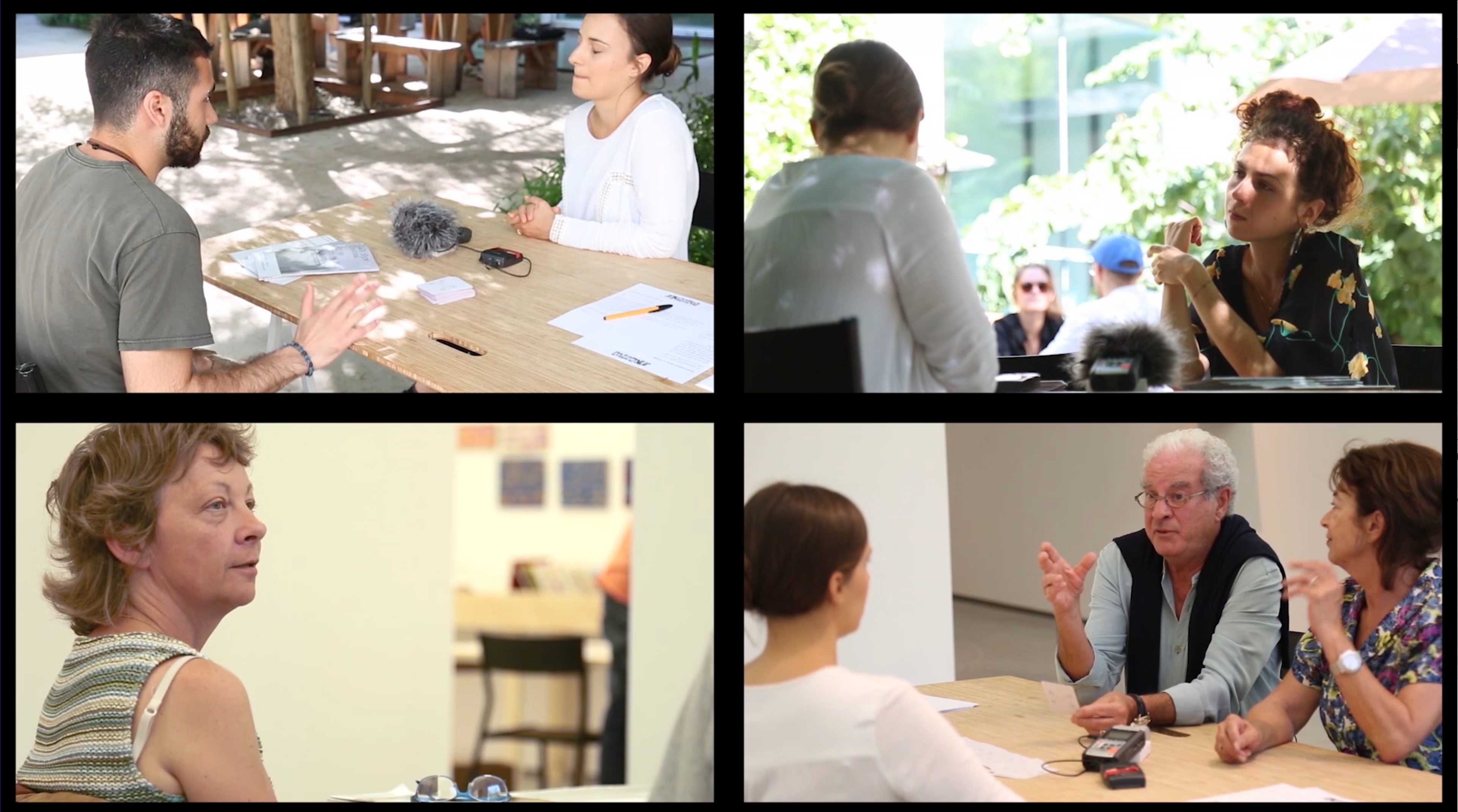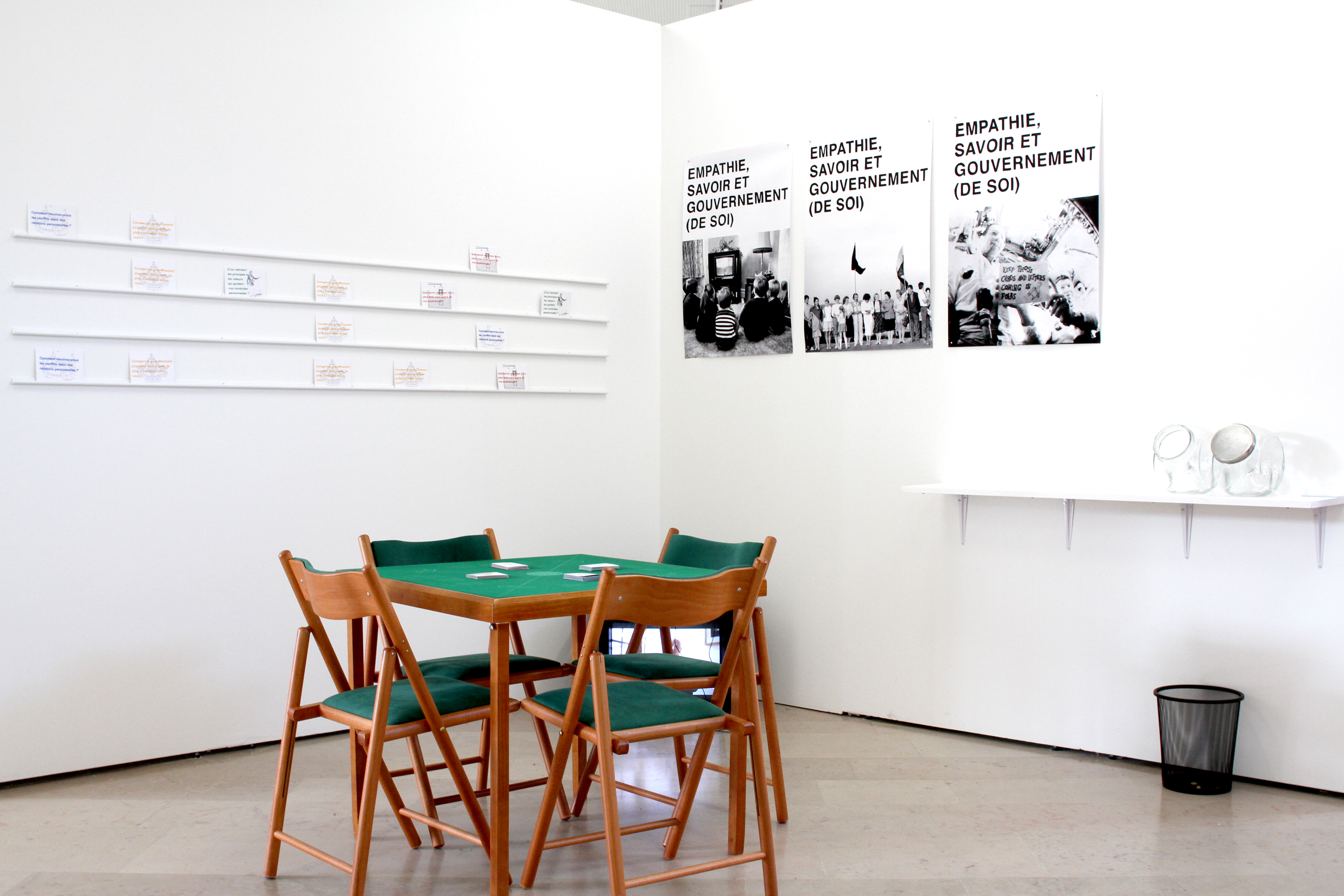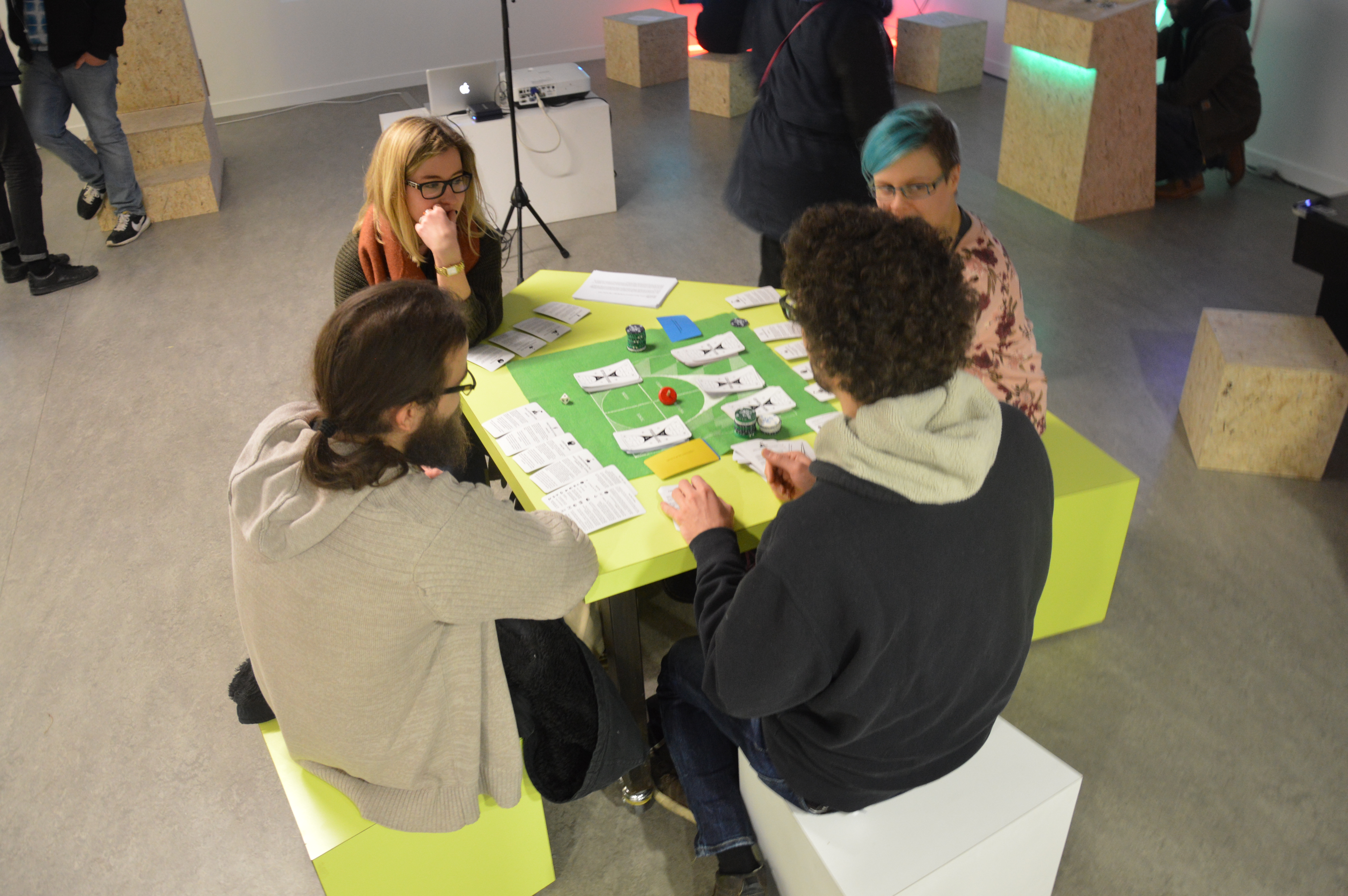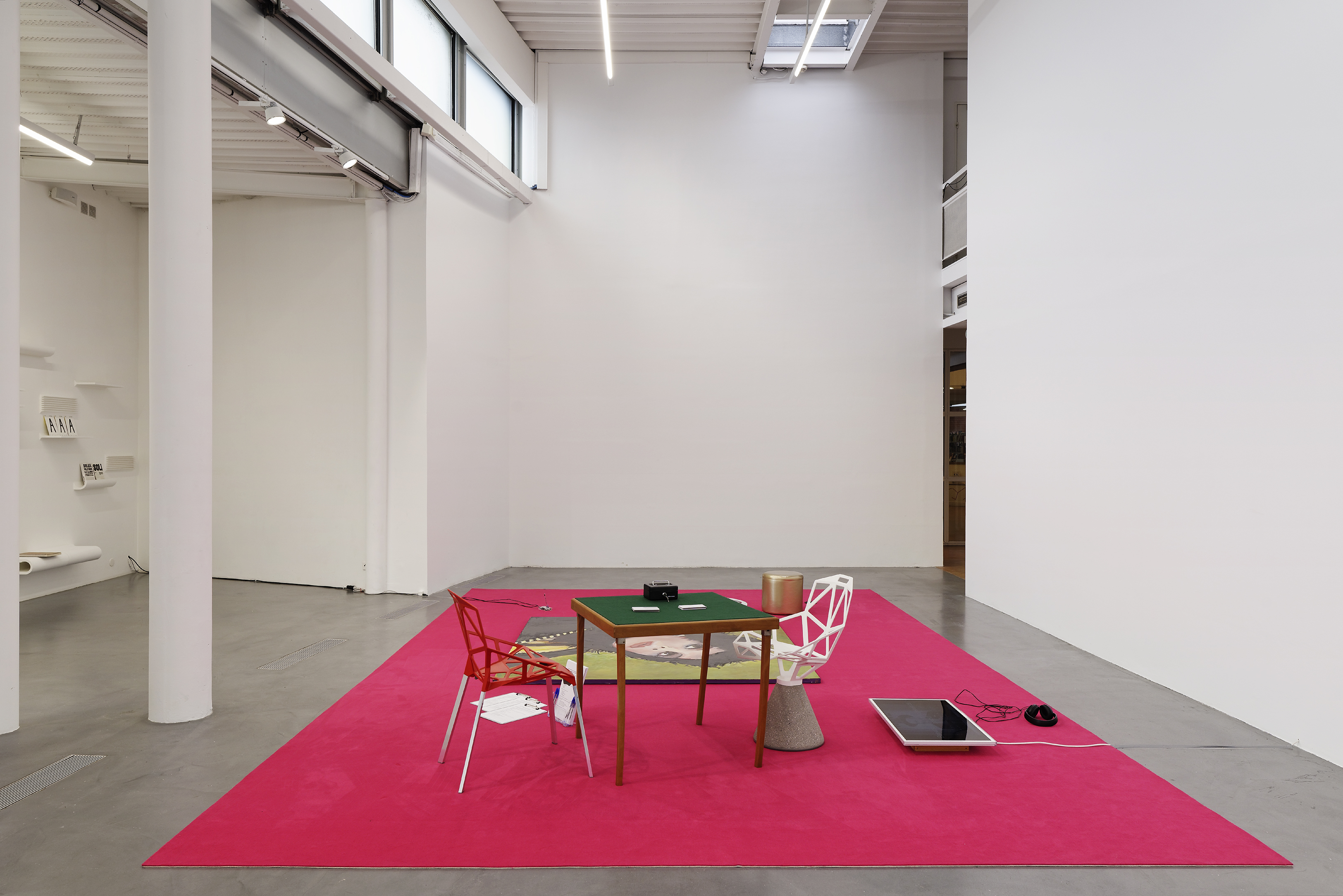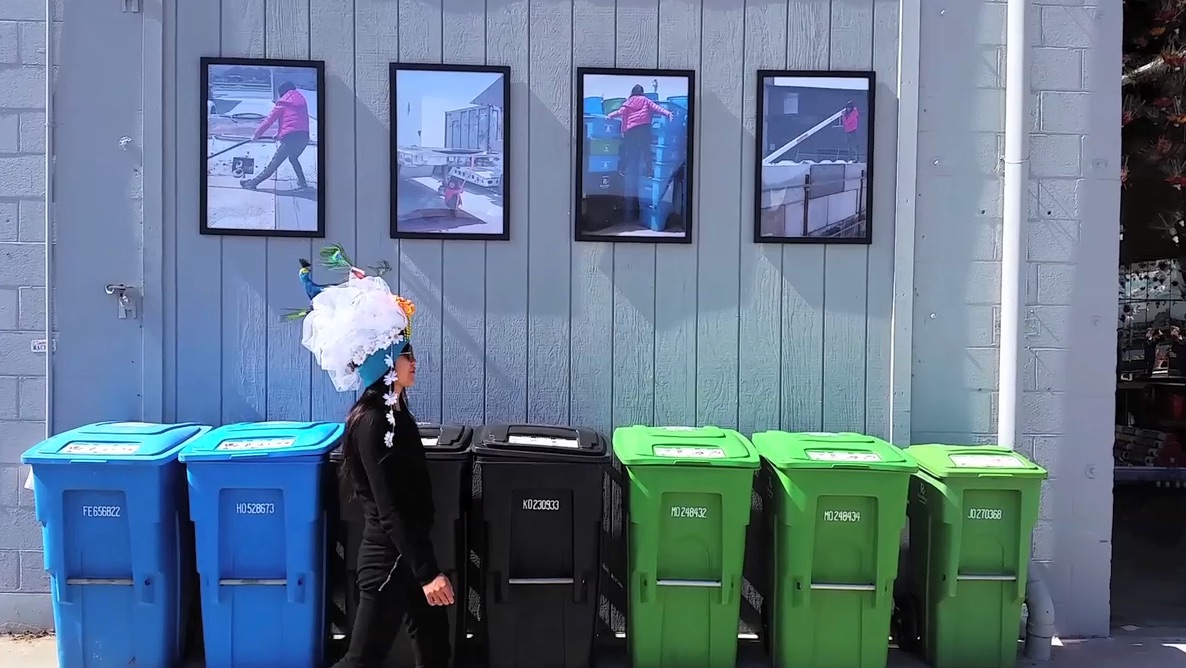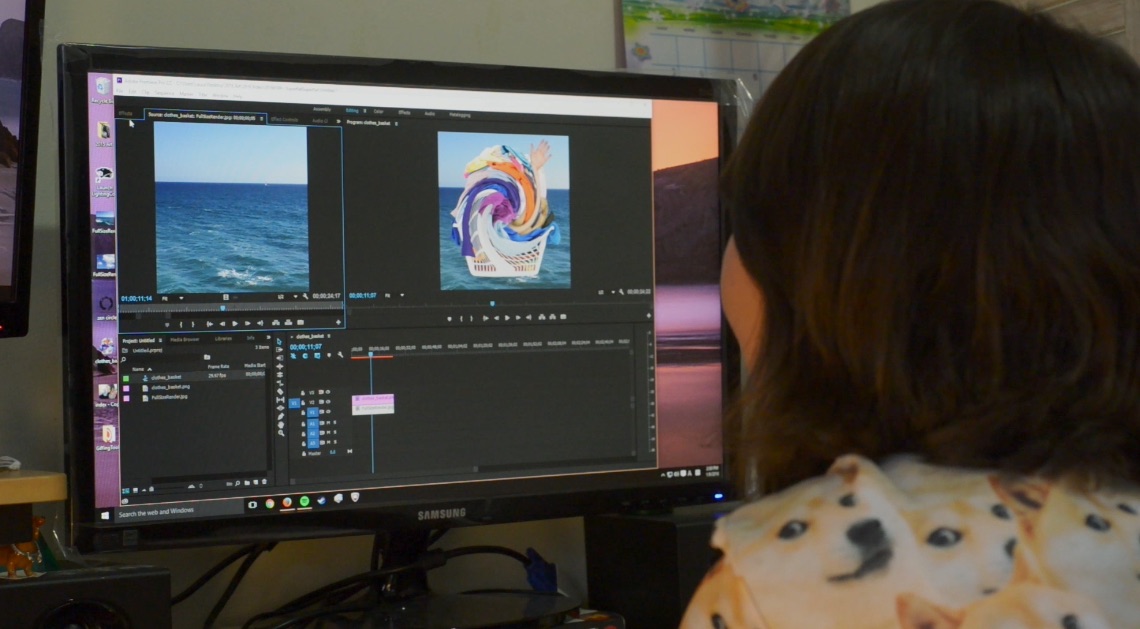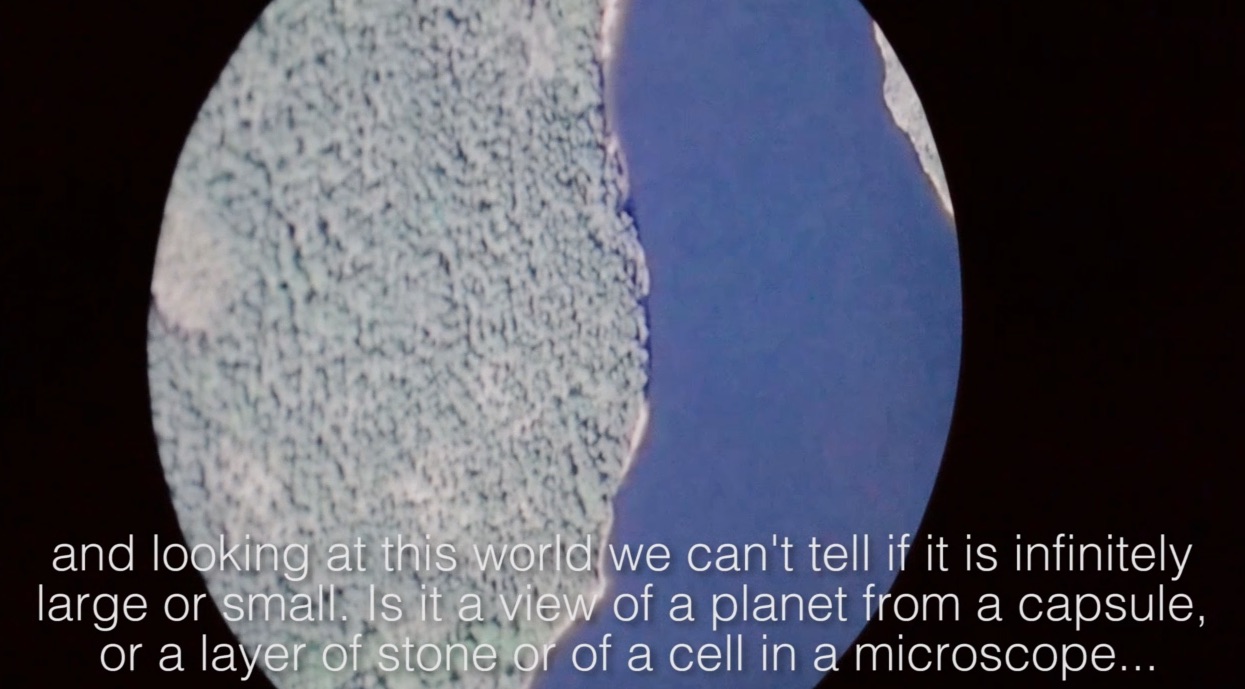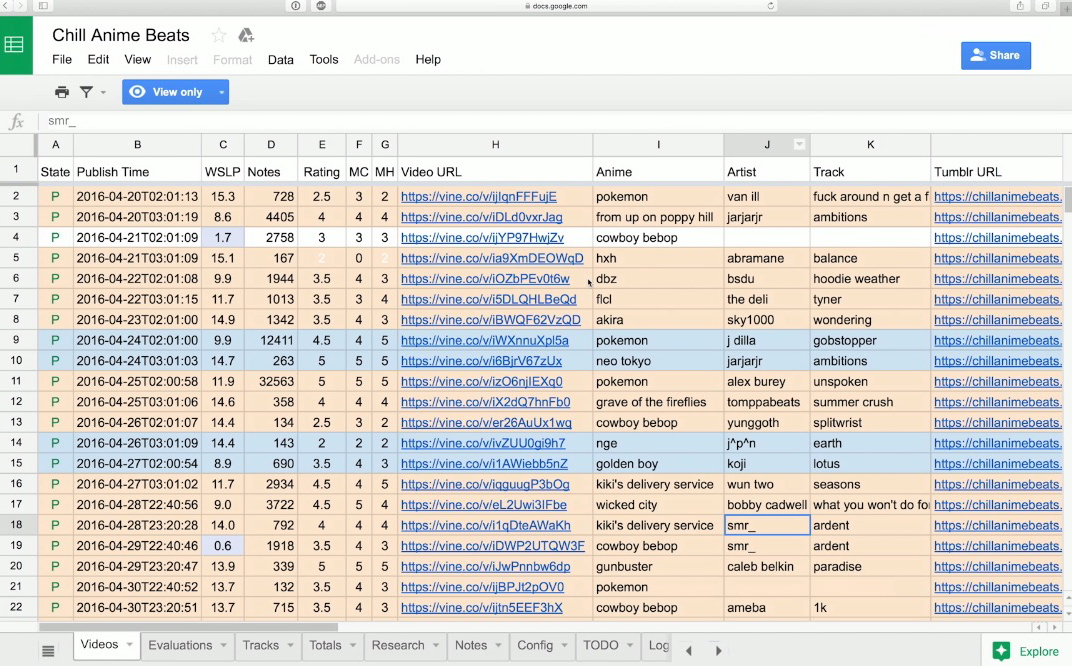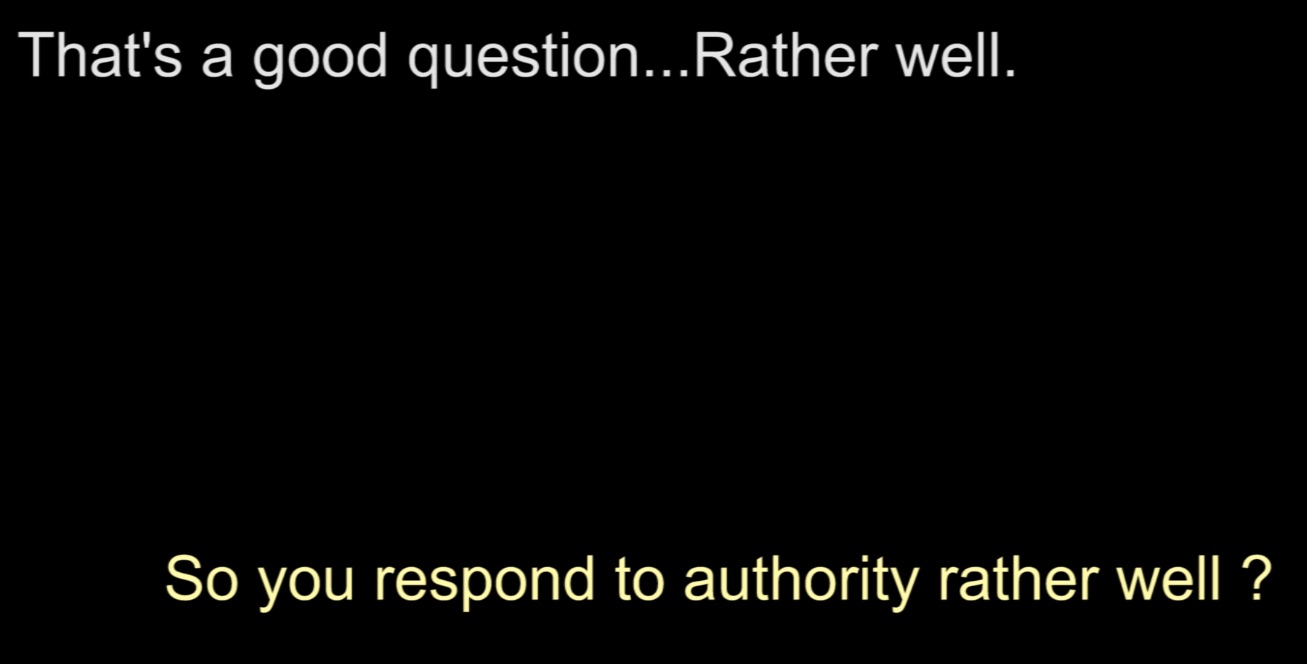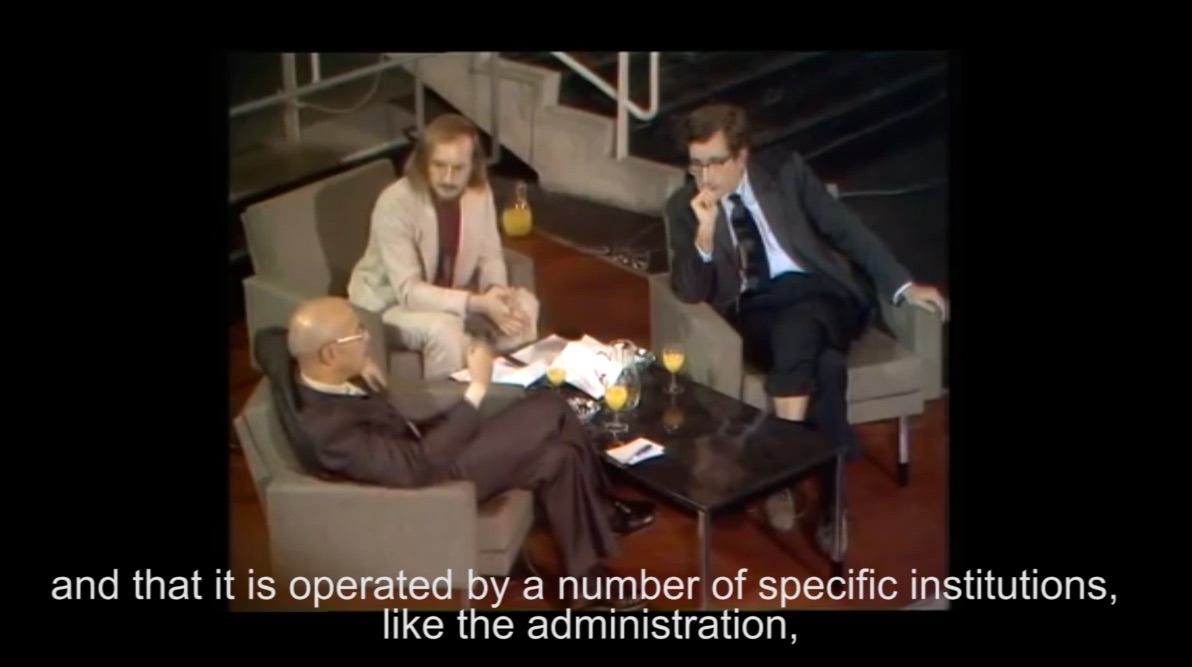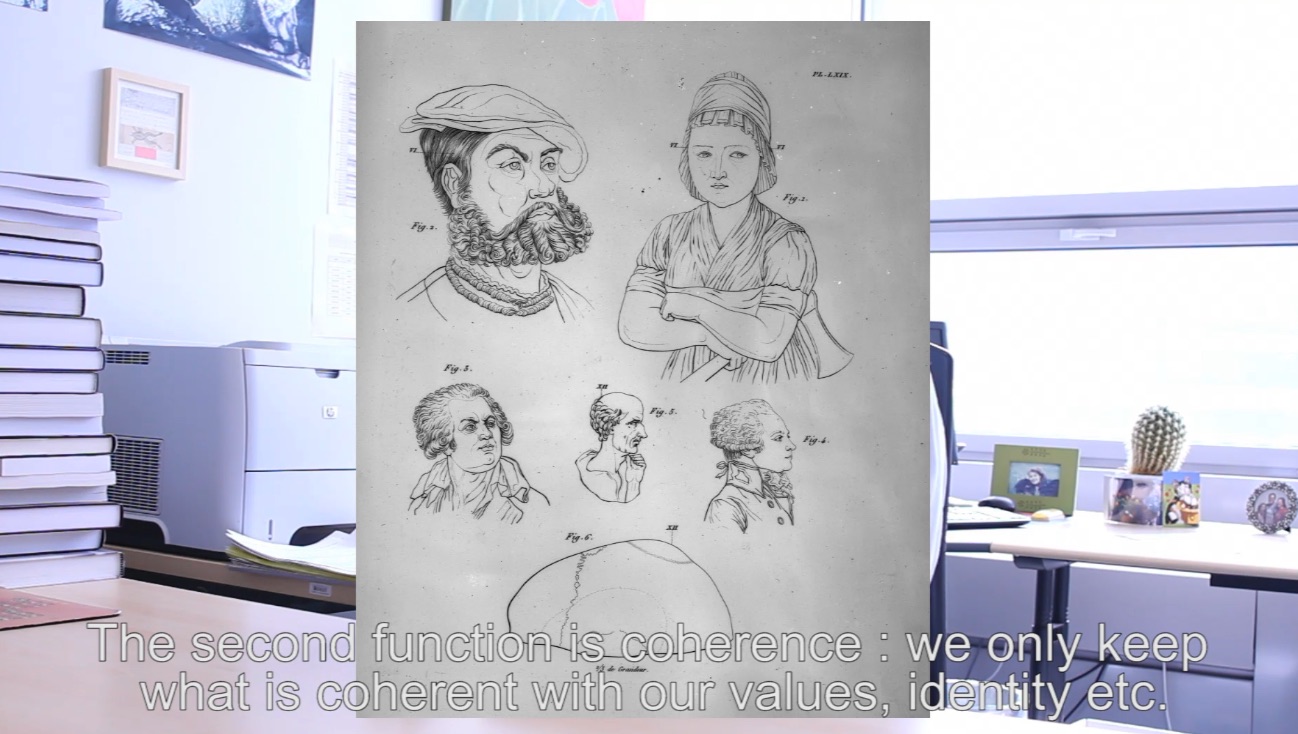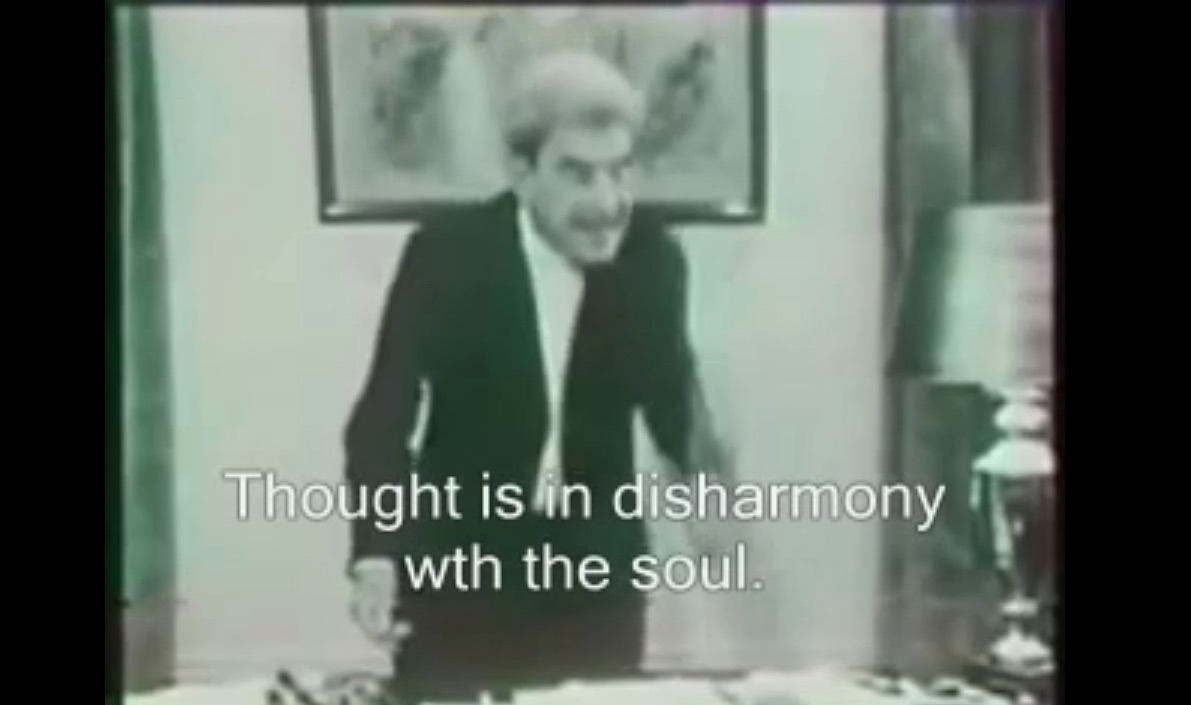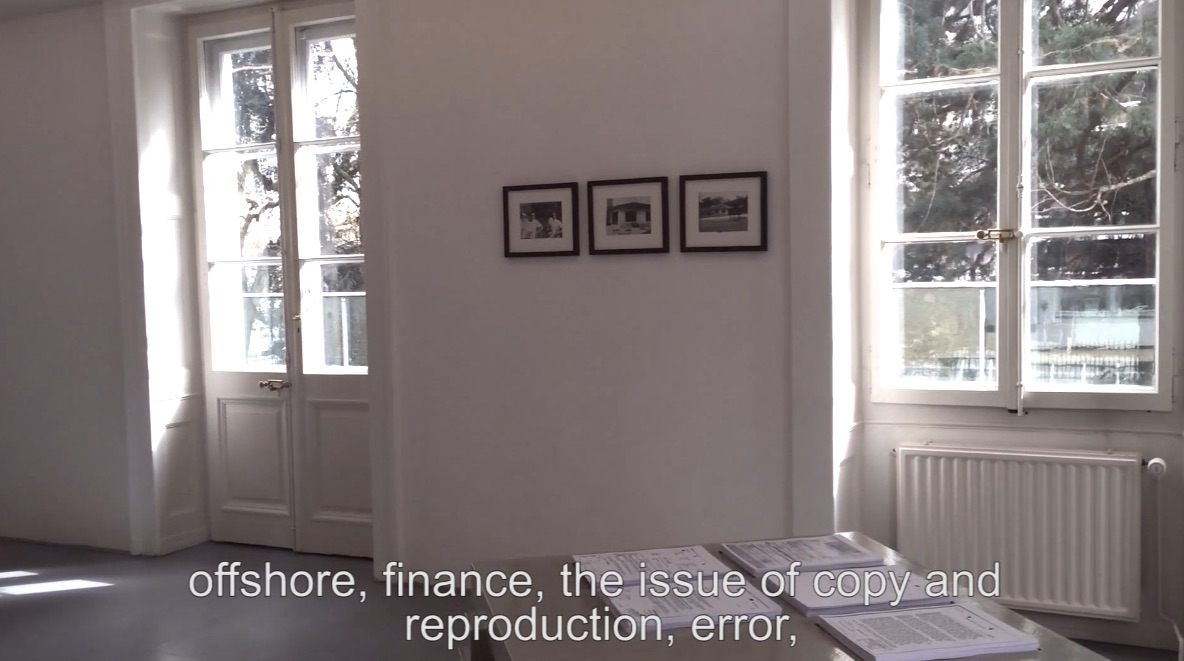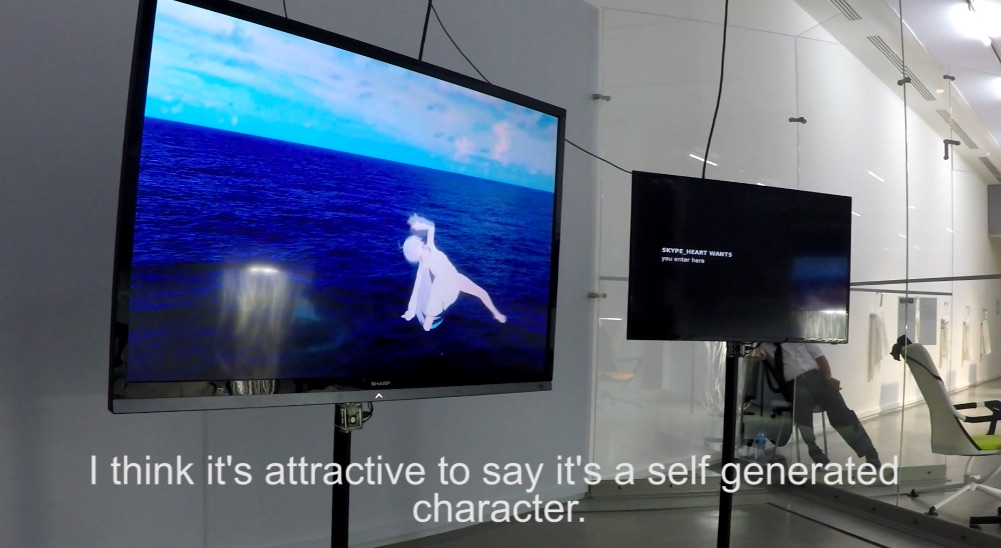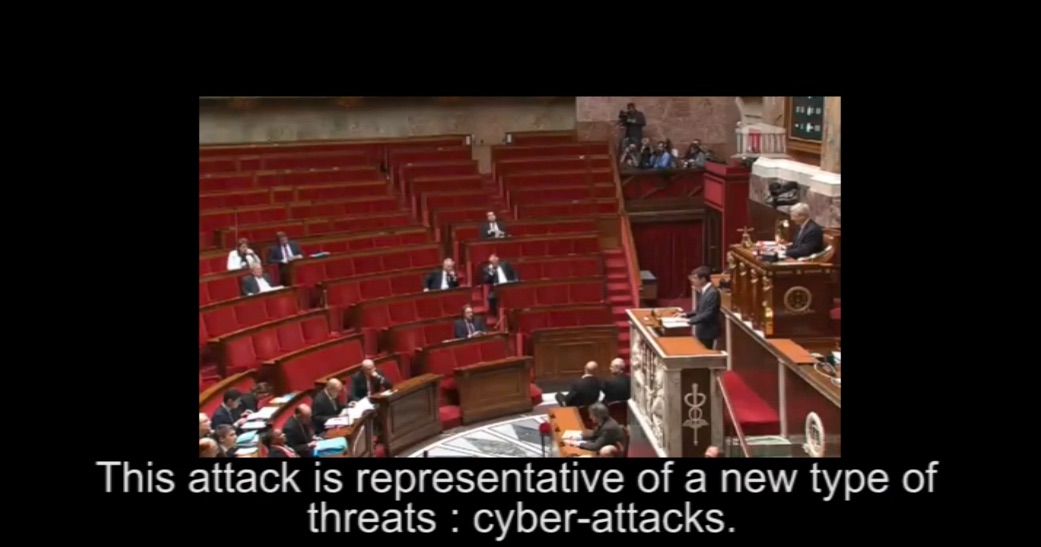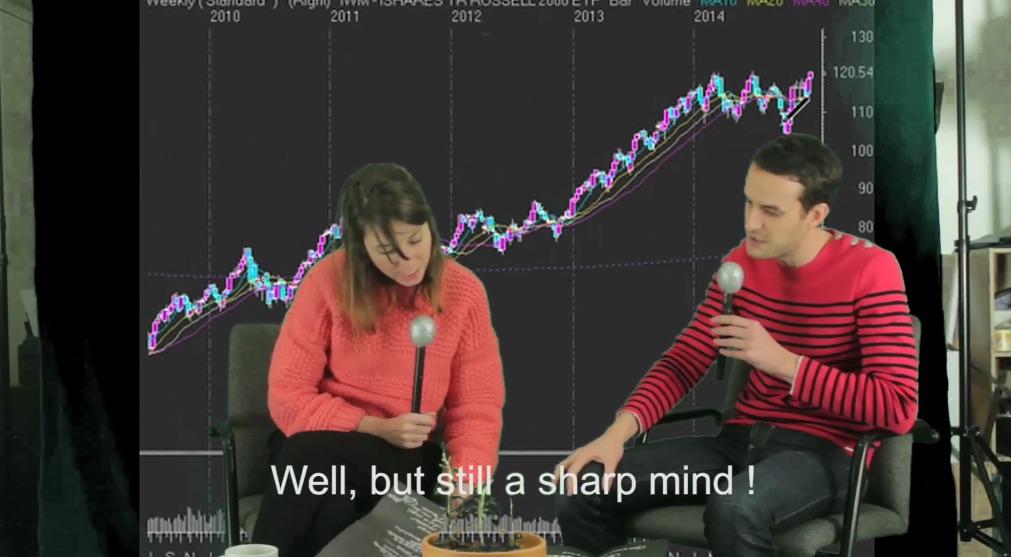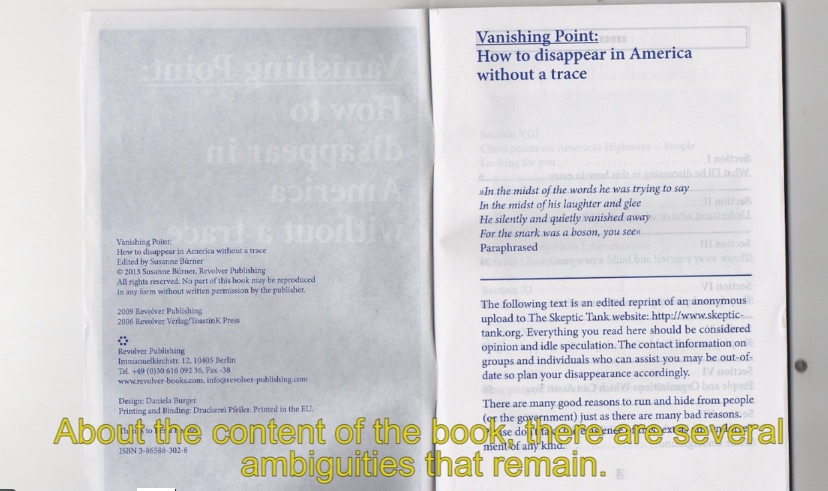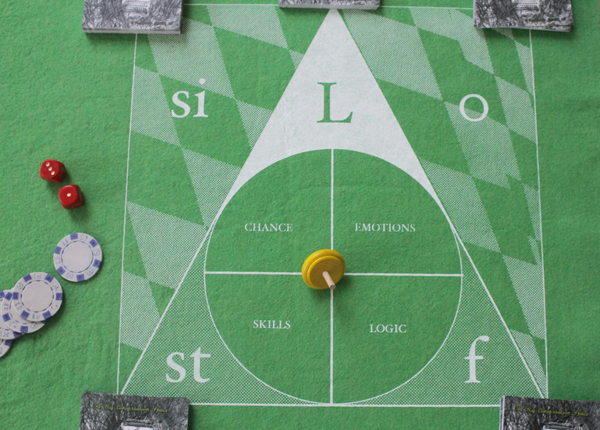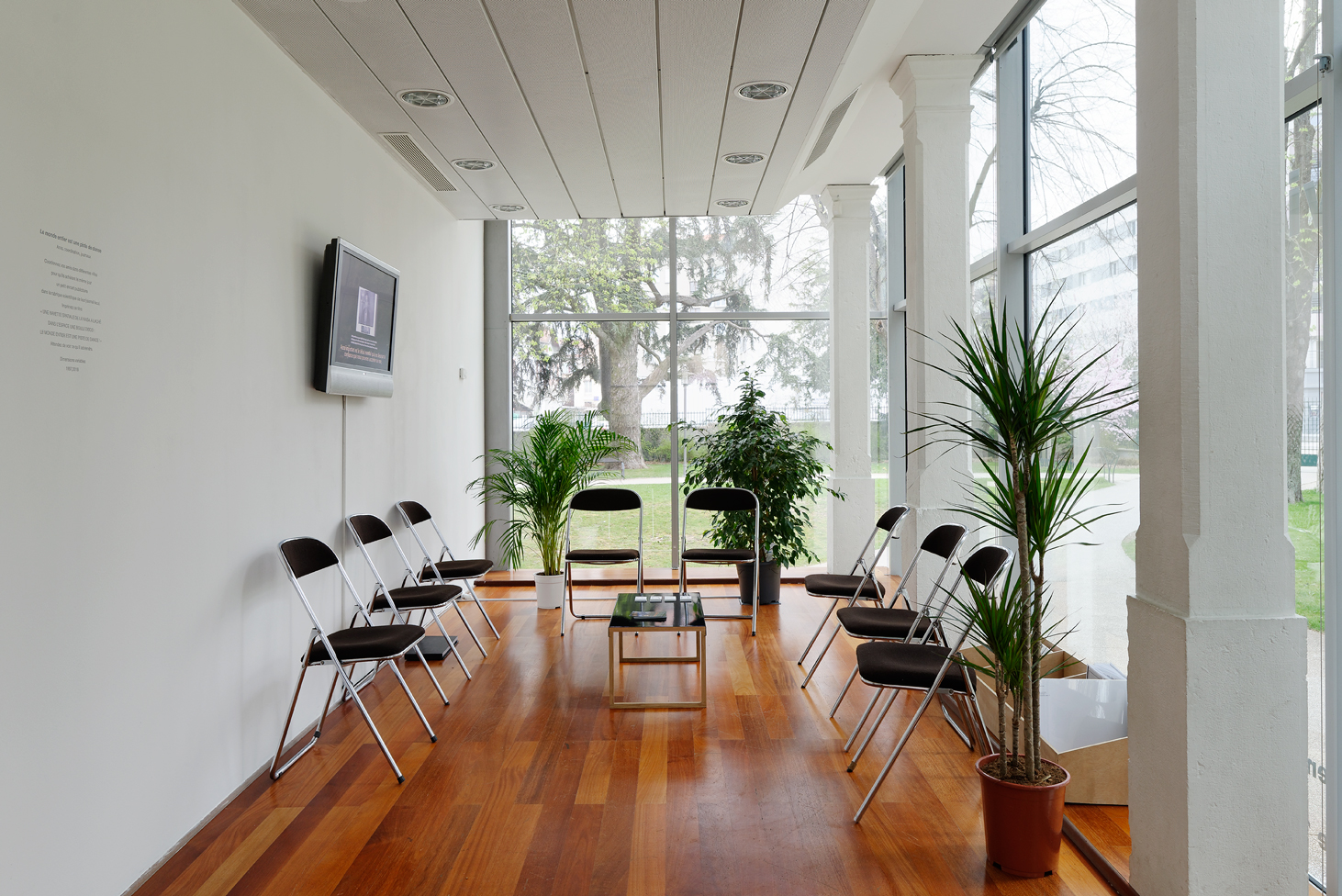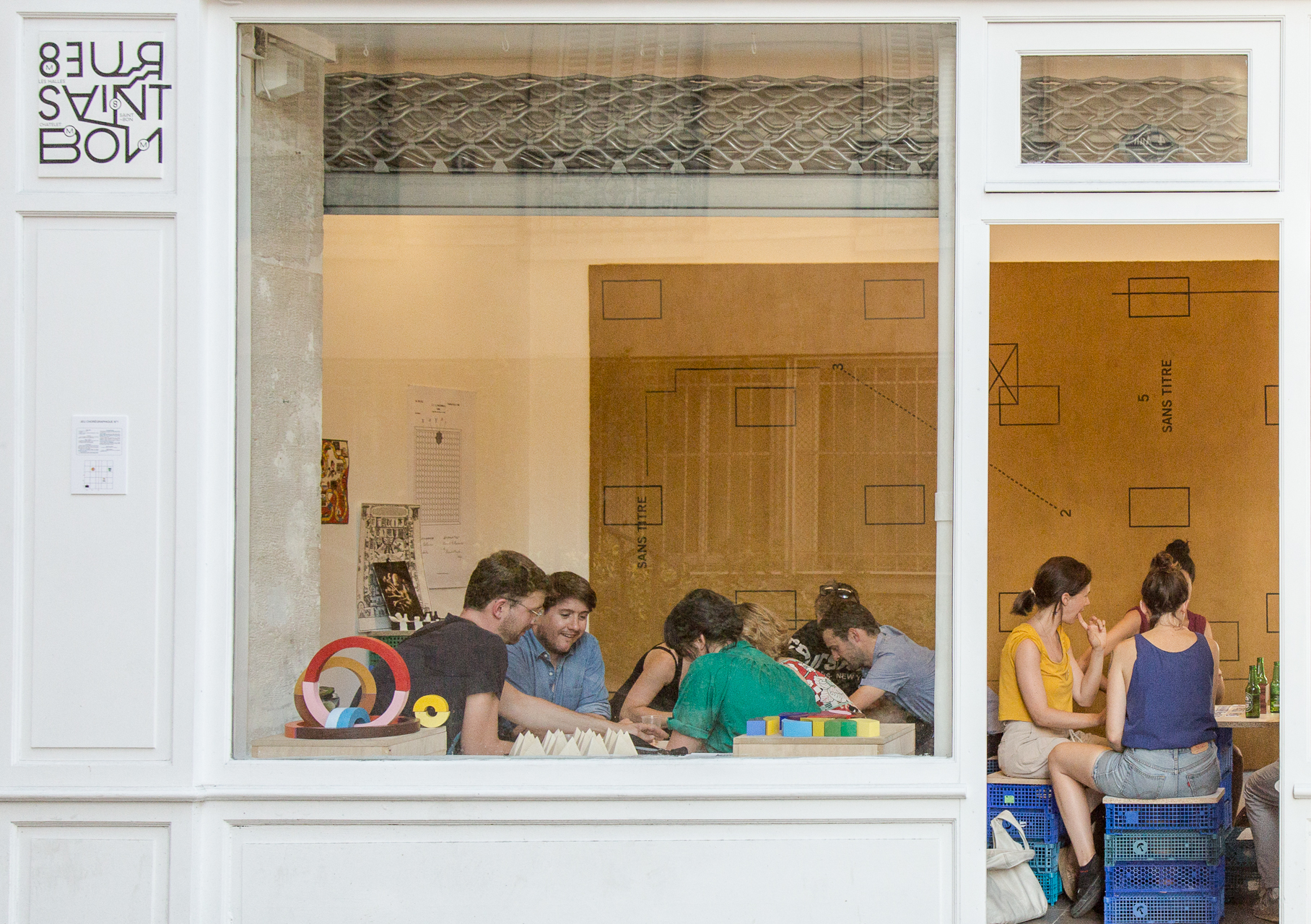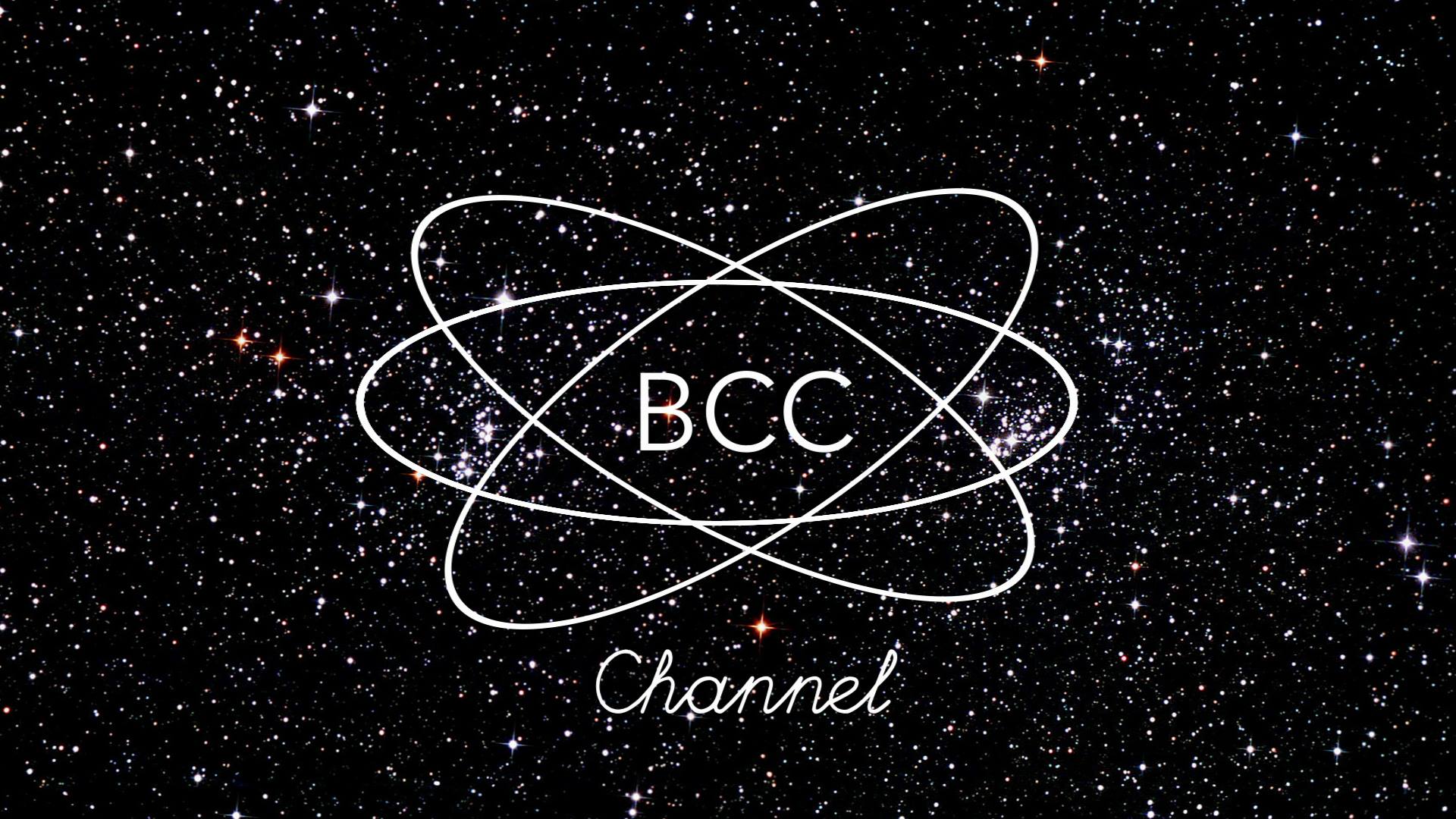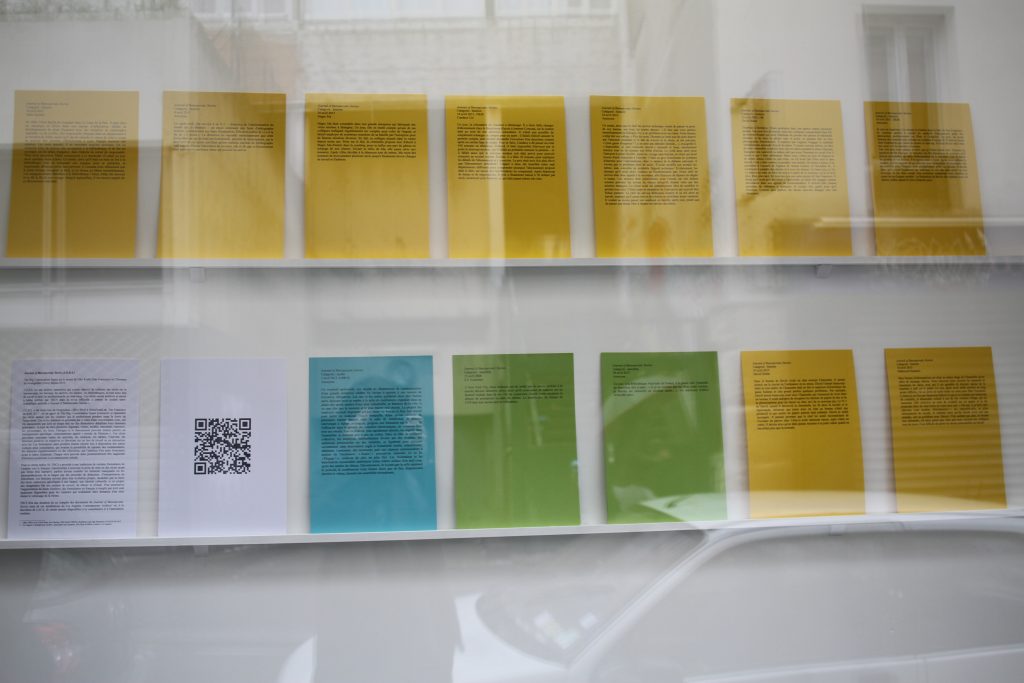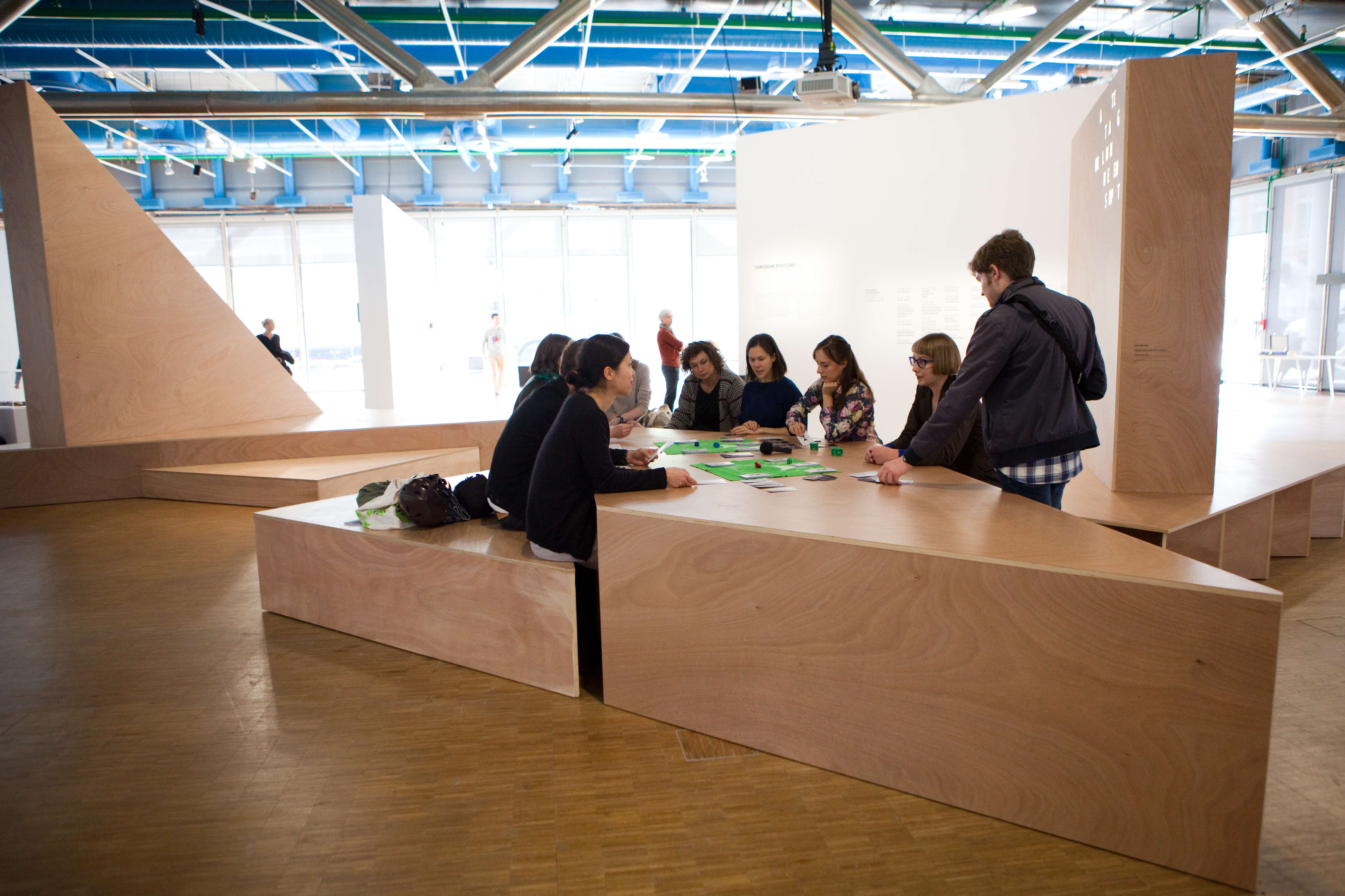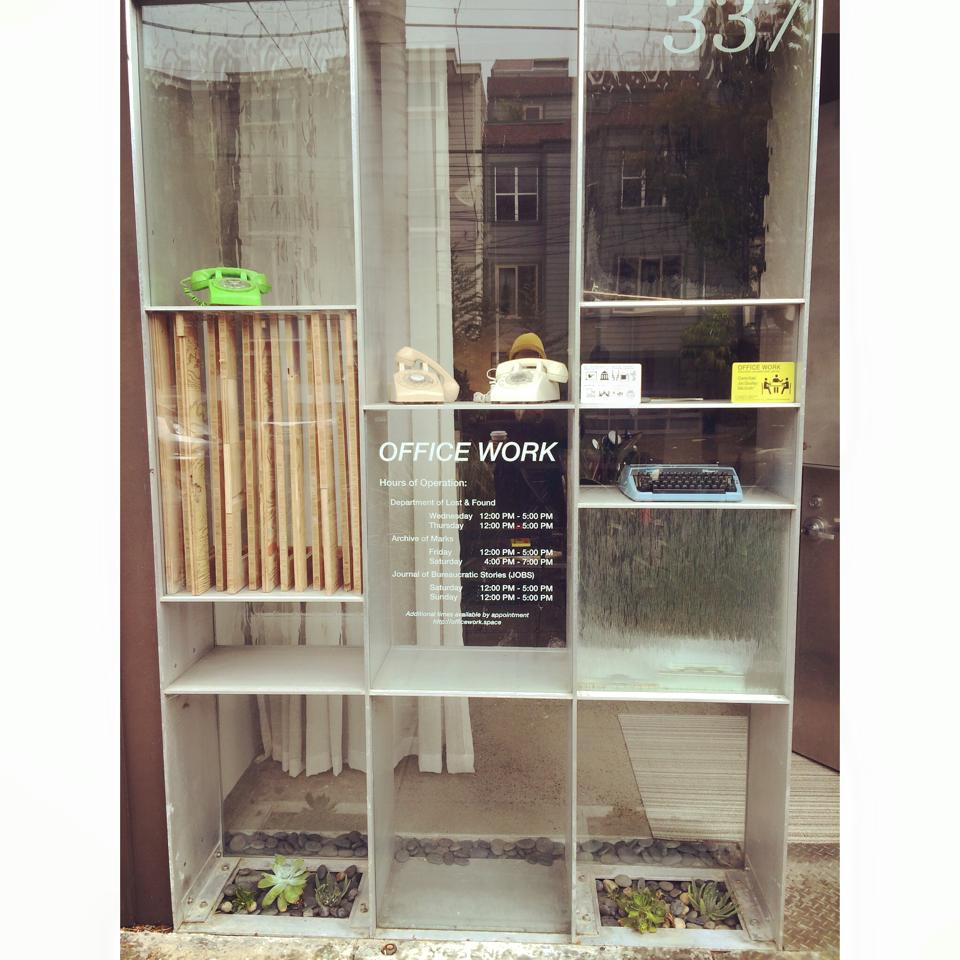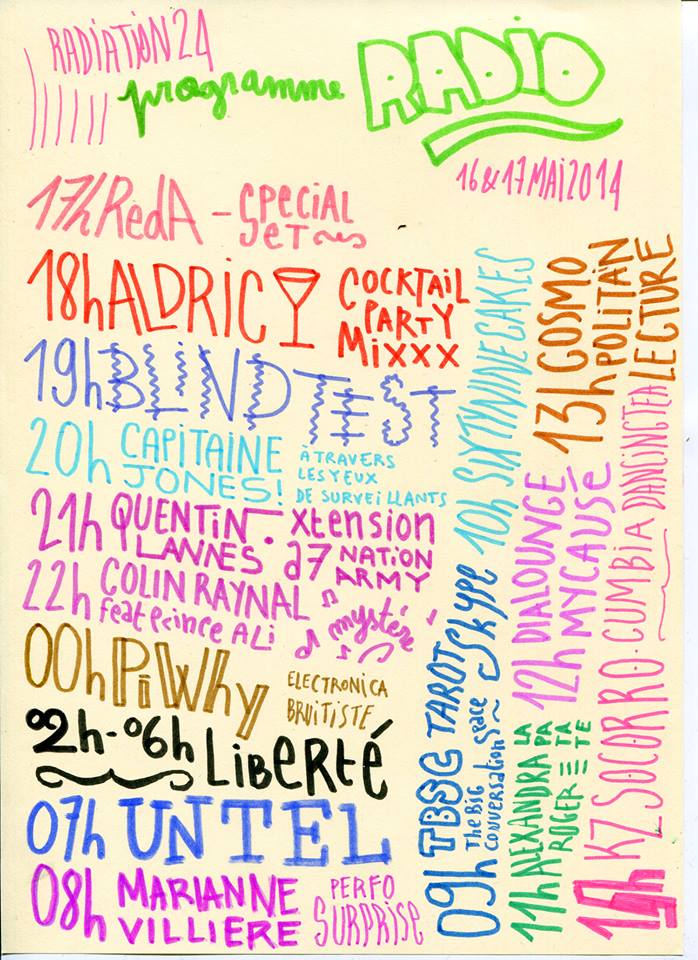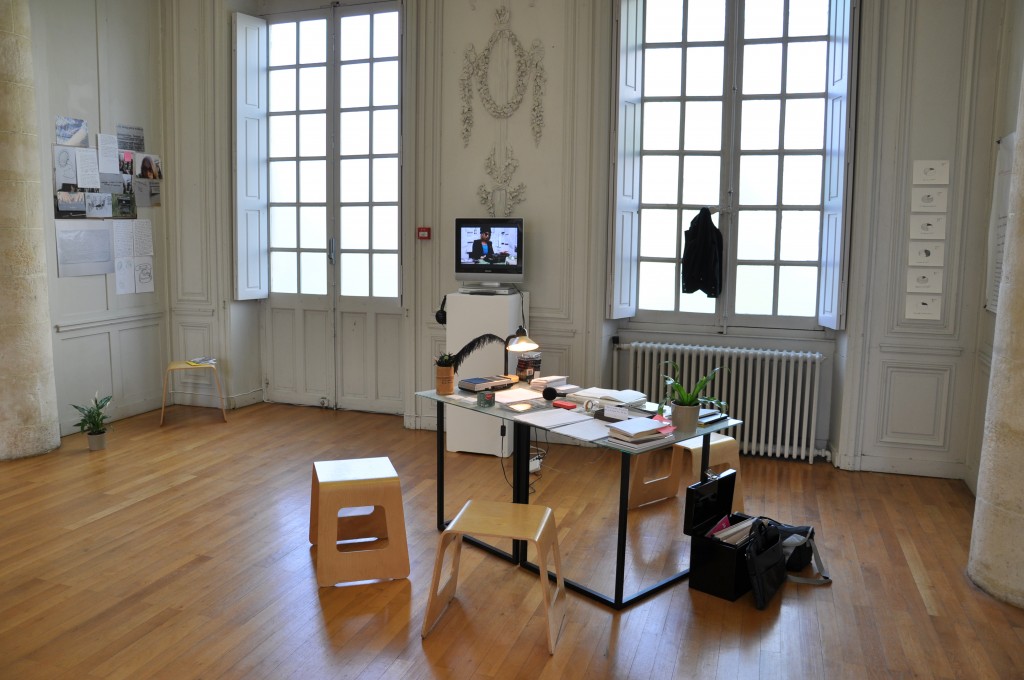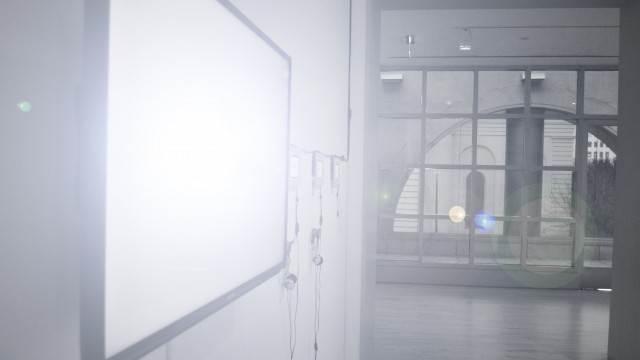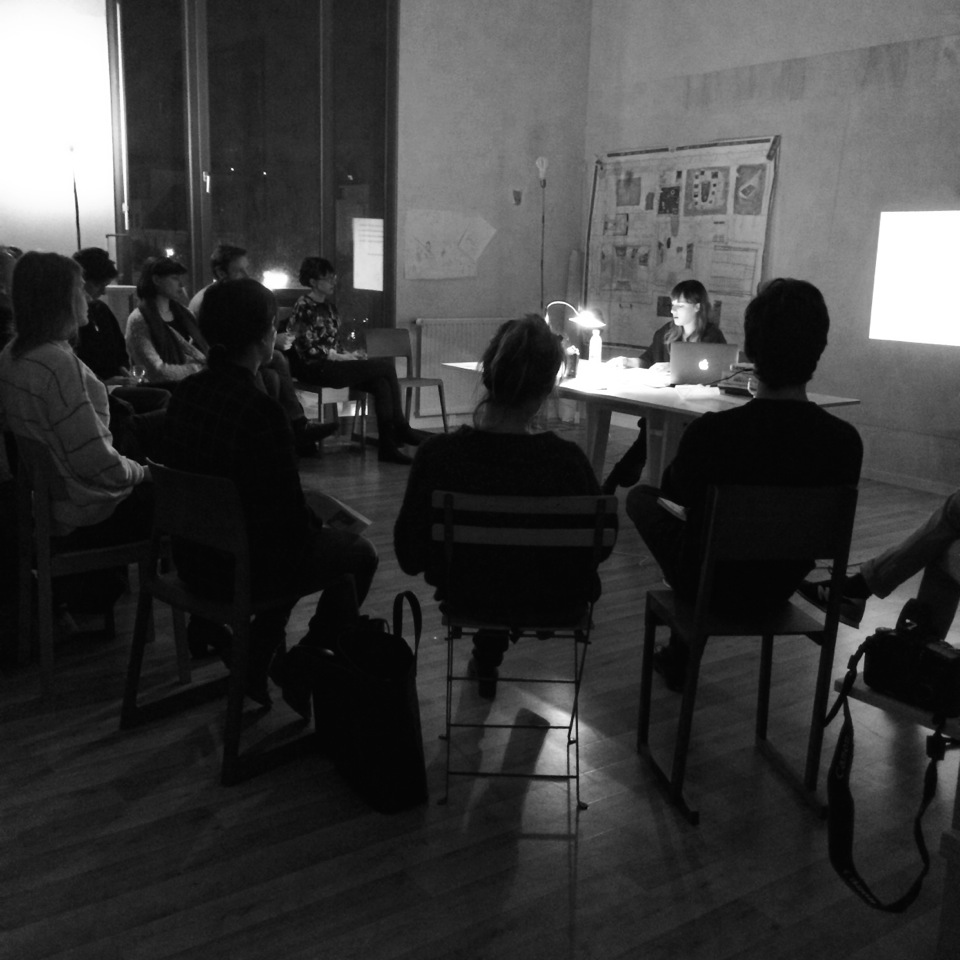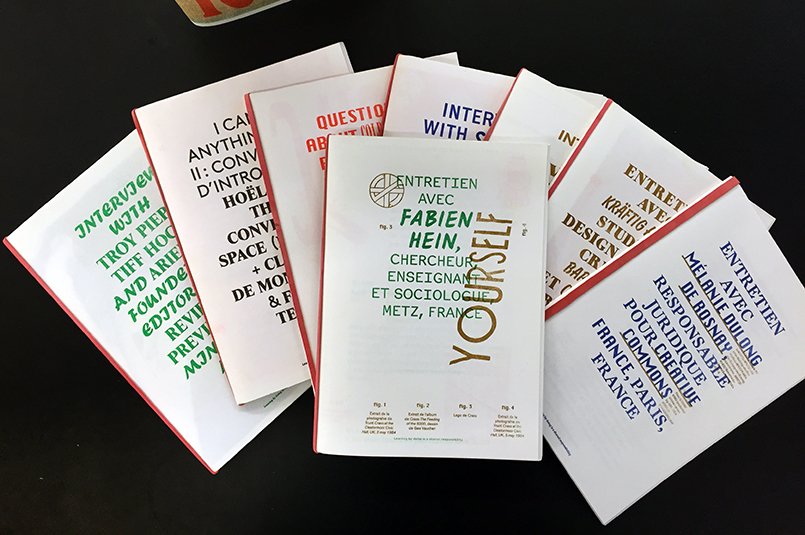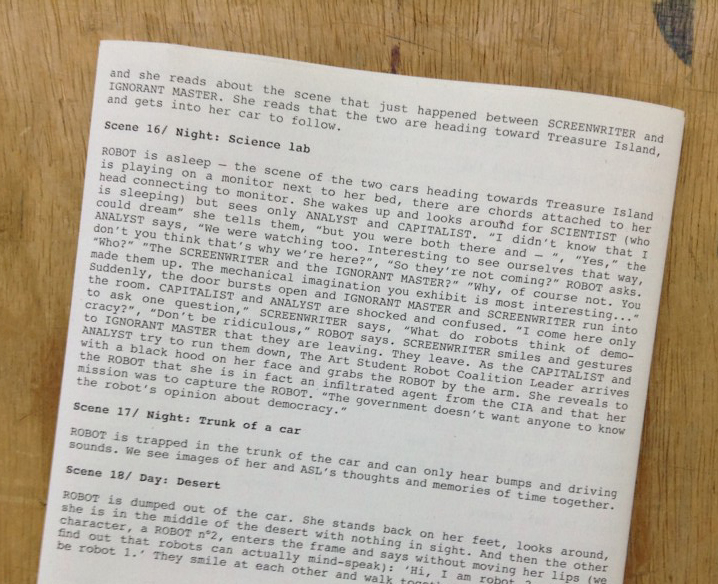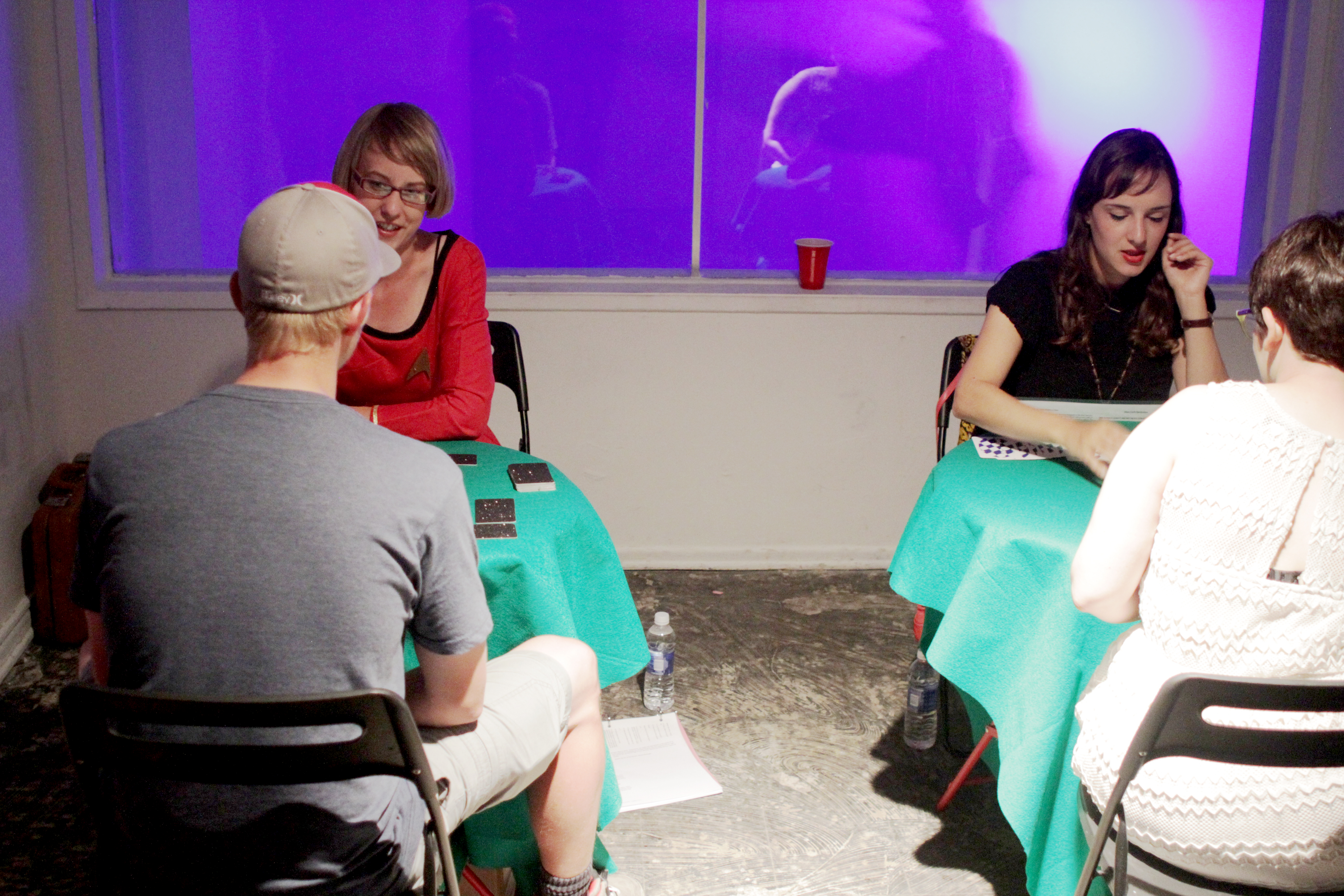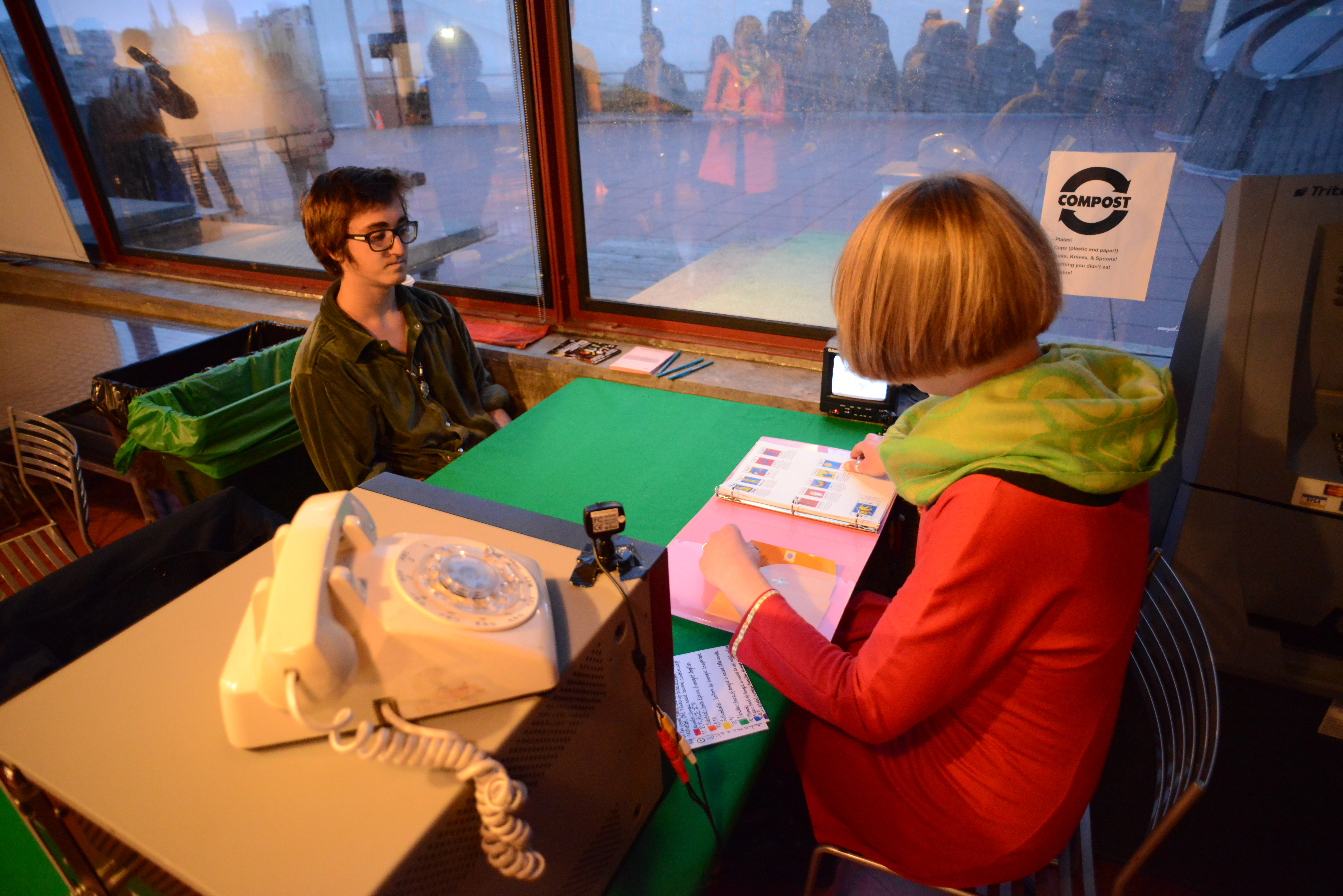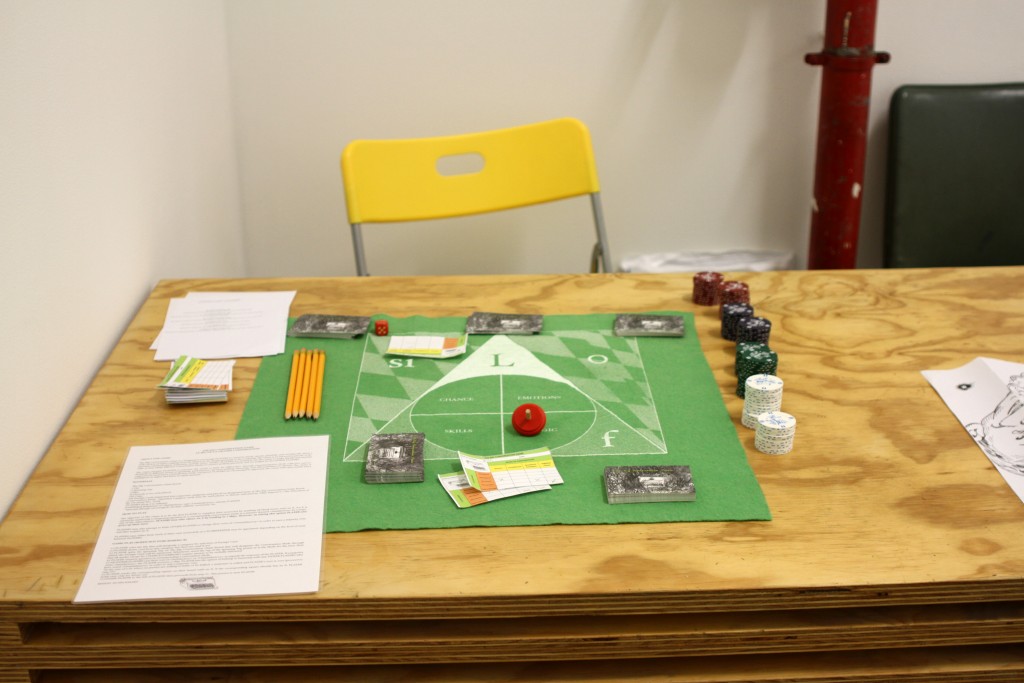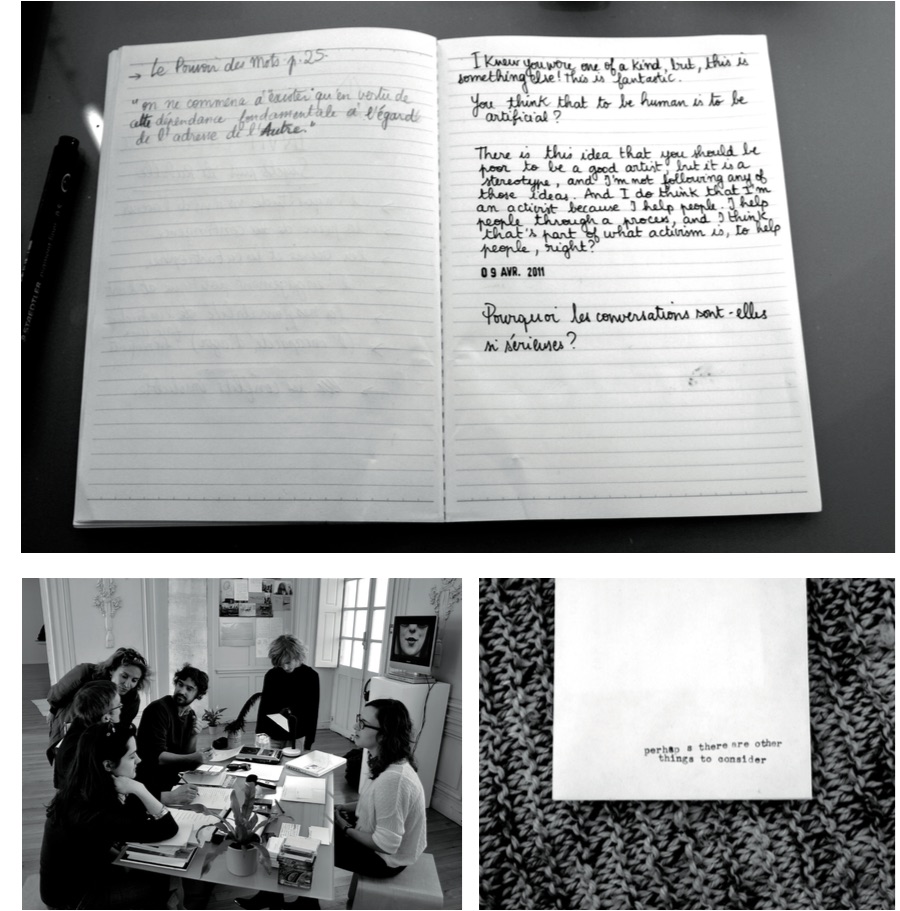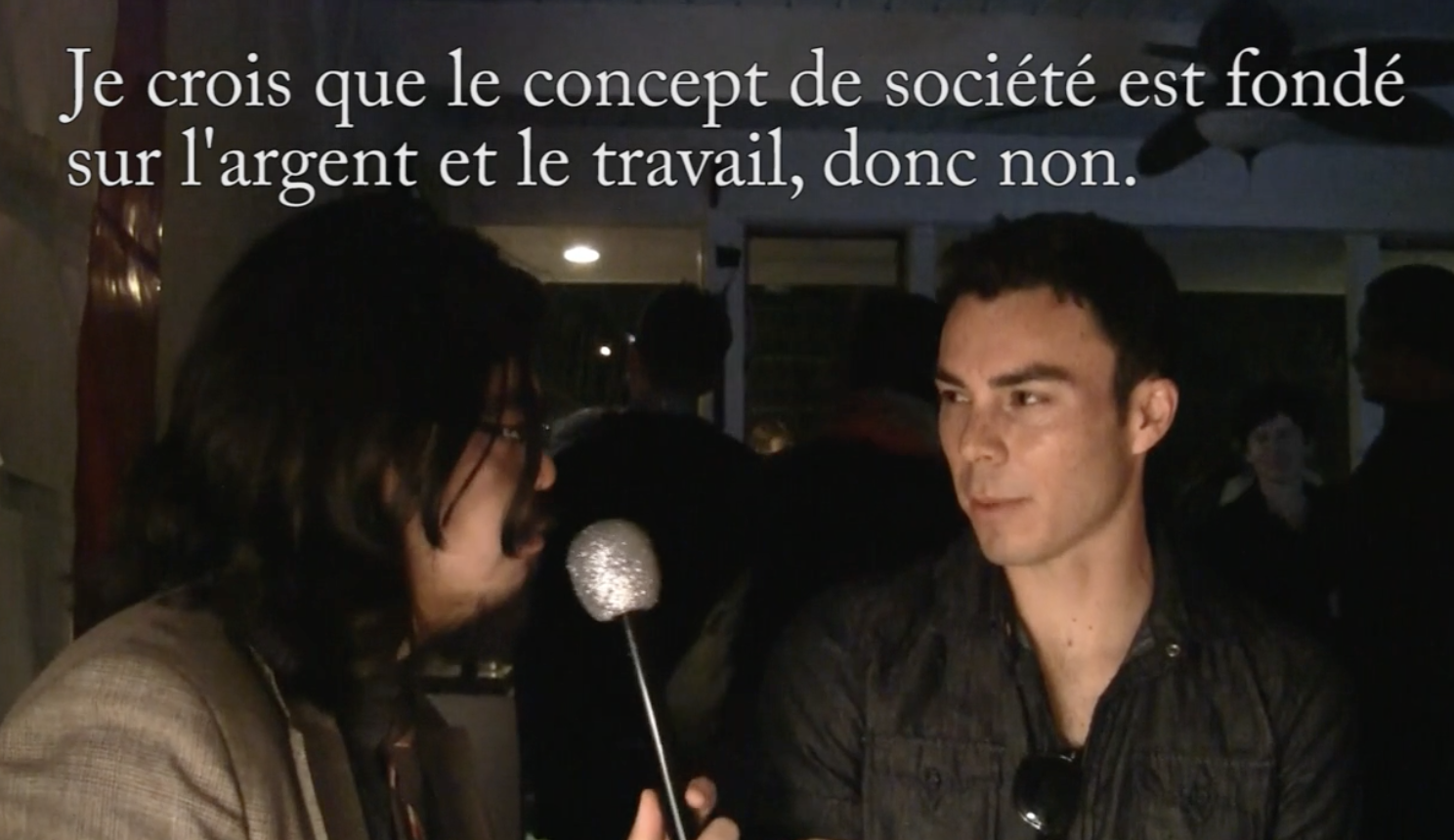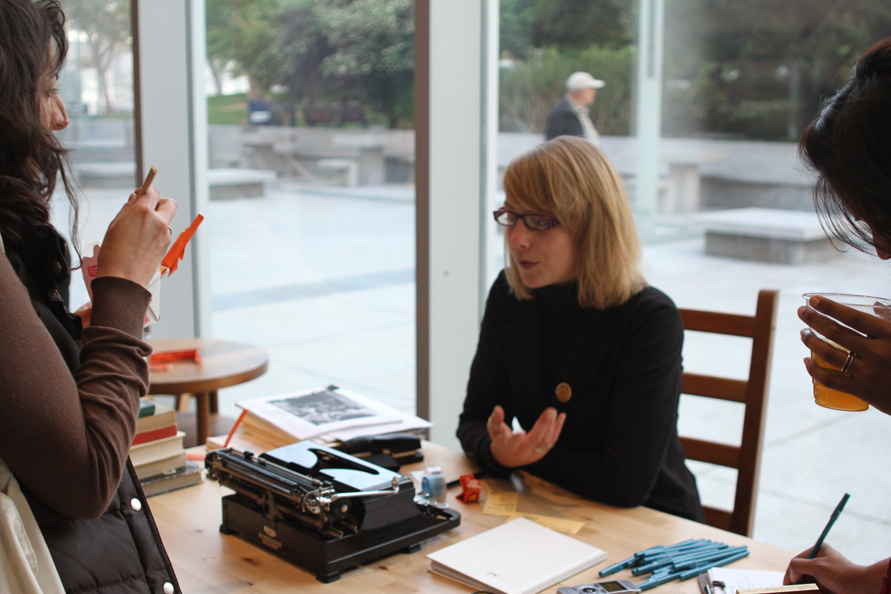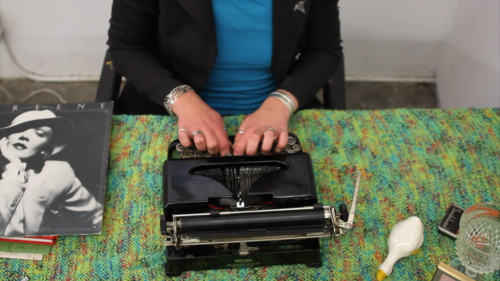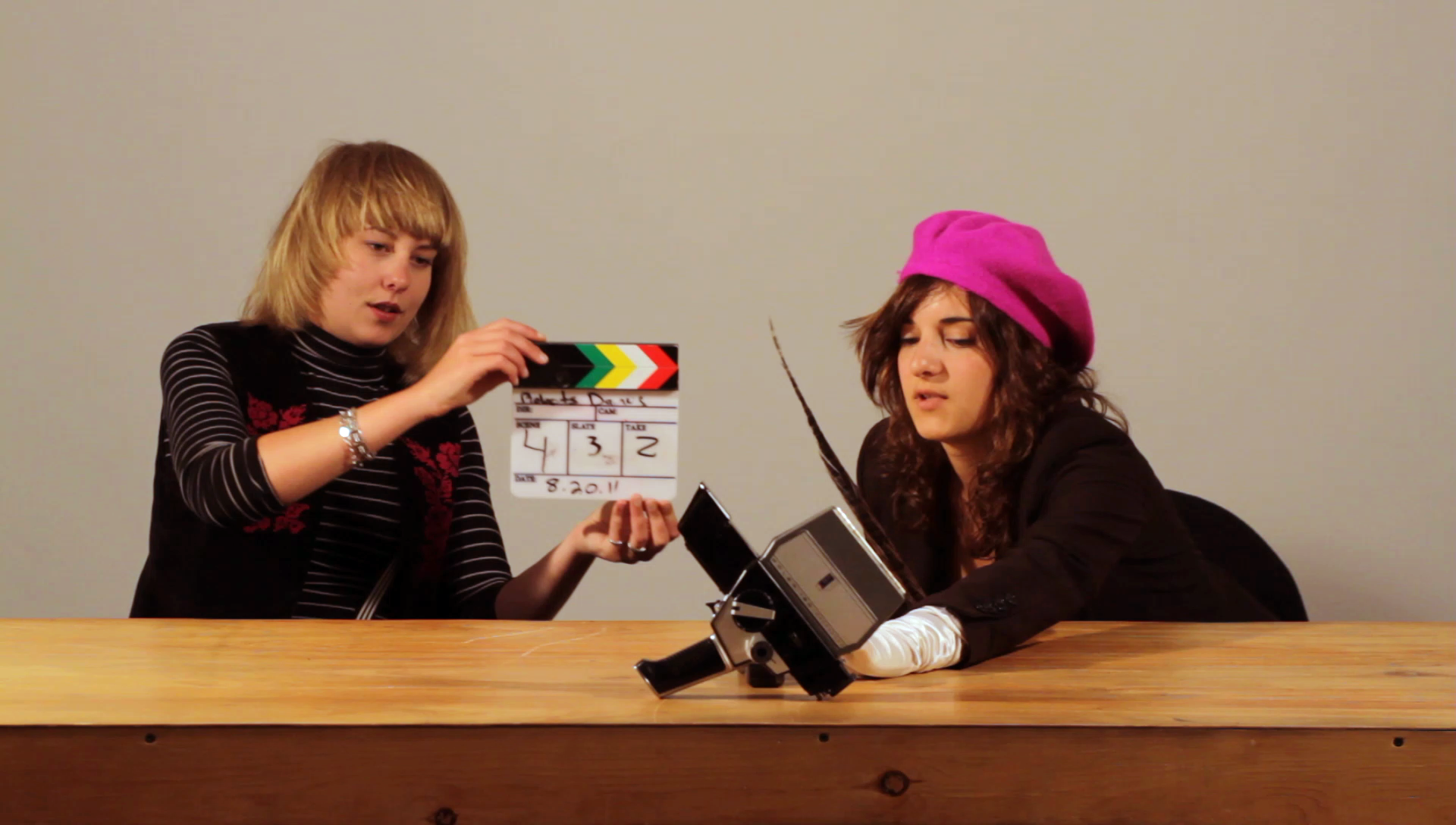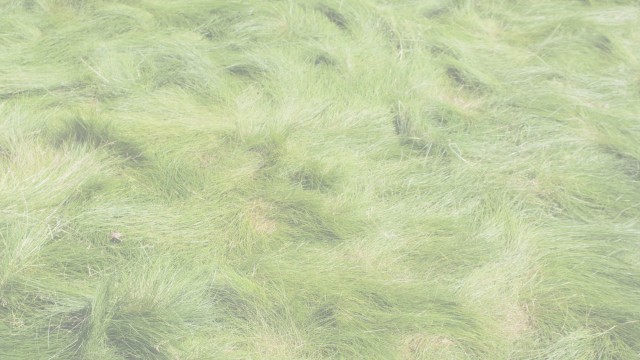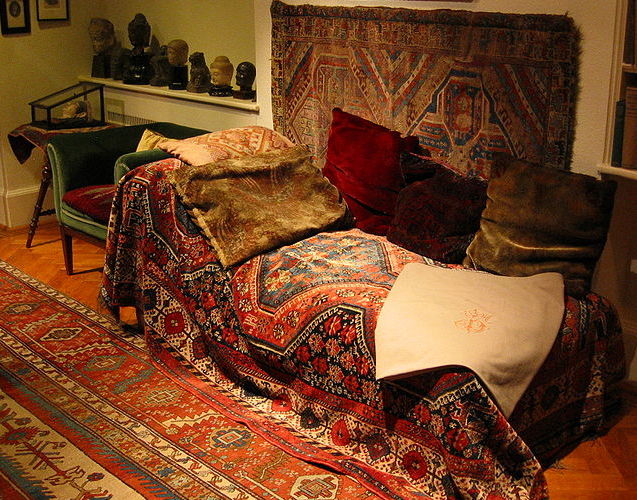
What is the role of talking, exchange, and recognizing voices in conceptions and realities of “the popular” today, in this critical moment where the notion of “popularity” is as problematic as it is ambivalent in our societies – for politics, public health, information, democracy, creation, and mental health? What is the role of contemporary art in shepherding, making space for, or influencing, such exchanges? What is “the voice of the people” today, really? How might popular media technologies play a role in furthering, or restricting, the reach of artistic exchanges and dialogic practices beyond the echo chamber/often elitist bubble of contemporary art? In what ways are we humans being further exploited, whether knowingly or not, by the means of production that drive our everyday life and mediation of it through engagement with popular media? What do we want these tools to do in the context of democracy, personal freedom, social justice, access to unbiased information, means for creative expression, and personal agency? How might we leverage these tools differently, especially in the spaces in which we serve as tools ourselves? How might we learn more from one another, whether through these platforms or by consciously moving away from them to consider our local communities, and what “local” means nowadays? Most importantly: How do we talk about all this, and what function does this talking serve for our collective and individual well-being?
Framed by these questions and a desire to probe them collectively and discursively, TBCS is producing The Talking Cure for the group exhibition The Real Show at CAC Bretigny (January – April 2022). The Talking Cure will include a video series, live talk show and installation that creates space for dialogic exchanges on the function and reality of popularity, reality, the voice, personal agency and freedom, and where creativity fits in (or could in the future).
What do you think about these issues ? Follow us, respond, comment and ask questions on our Instagram Page and Facebook Page. We will respond to all feedback during our Live event with Special Guests at CAC Brétigny and online on March 26, 2021.
Music by participants in the Disquiet Junto project. Image, sound and editing by The Big Conversation Space. Graphic design and social media strategy by Elisabeth Ajtay. Translation and subtitles by Philippe Farah. With special guests and participants including Camila Moreira Cesar, Elisabeth Ajtay, Nairy Shahinian, Cynthia Montier, Marc Weidenbaum, and the students of the Classe préparatoire arts visuels Grand Paris Sud (Evry-Courcouronnes).
Image: Sigmund Freud’s Couch (Le divan de Sigmund Freud). Photograph by Robert Huffstutter via Flickr // CC BY 2.0
Episode One : The People’s Choice
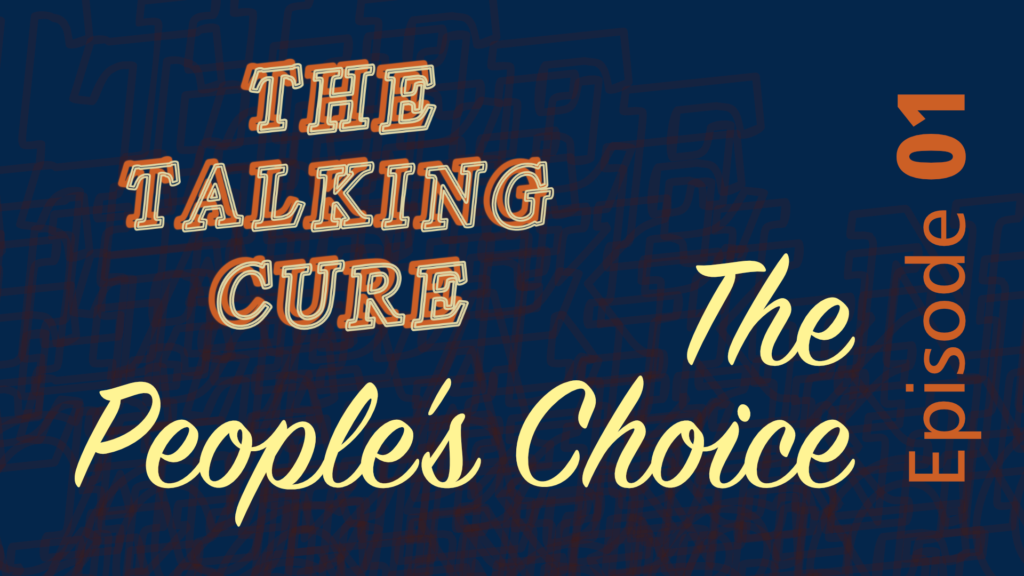
In this episode, we will talk about questions such as: How has social media changed how we decide who we will vote for? How can social media be used democratically in politics? What does it mean to be popular, and what happens when popularity is necessary in order to produce your own creative work? How has social media changed our creativity? What to do against social media fatigue? Featuring special guests : Camila Moreira Cesar, PhD, Lecturer in Communication sciences at University Sorbonne-Nouvelle, Paris ; Elisabeth Ajtay, artist ; Nairy Shahinian, artist and photographer ; Cynthia Montier, artist.
